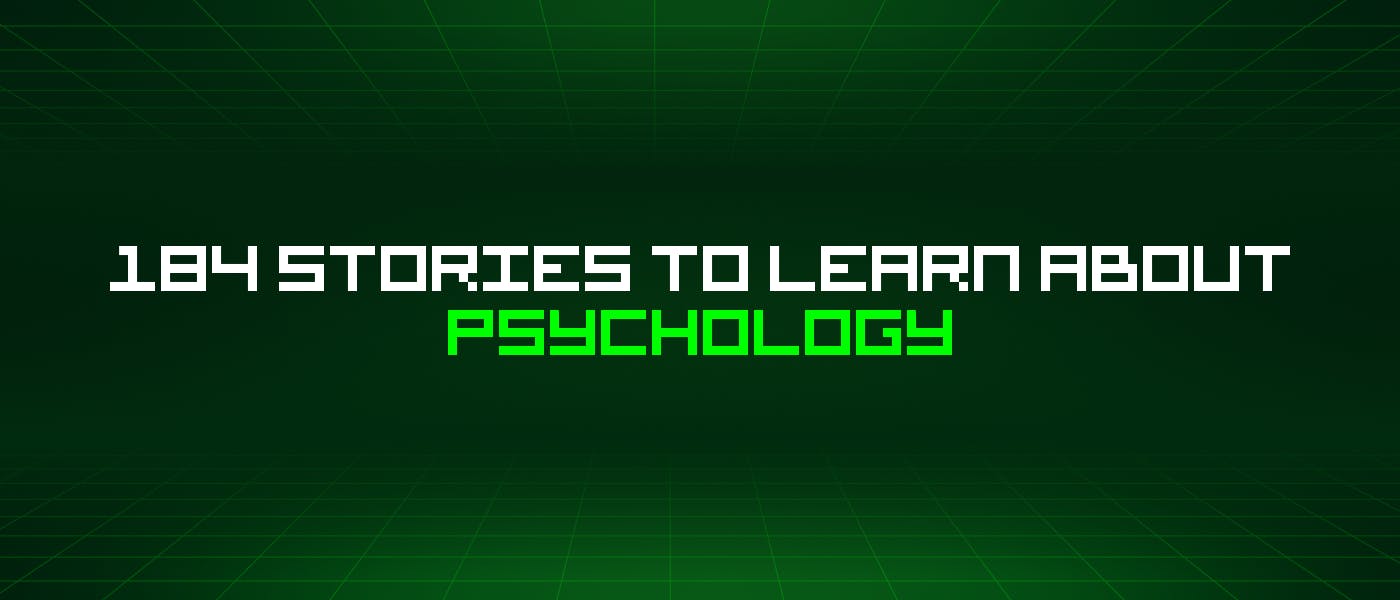Let's learn about Psychology via these 184 free stories. They are ordered by most time reading created on HackerNoon. Visit the /Learn Repo to find the most read stories about any technology.
Groom your mind to be your greatest asset; All Great Inventions starts from here
1. Dealing With Remote Loneliness
 Remote work has many positives, but a there is a drawback that can creep in, the feeling of loneliness. This is a shared experience, you are not alone.
Remote work has many positives, but a there is a drawback that can creep in, the feeling of loneliness. This is a shared experience, you are not alone.
2. G.I. Joe Lied To Us—Knowing Is Not Half The Battle
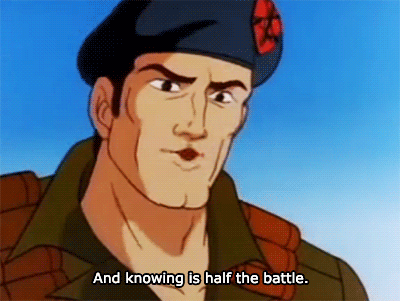 For anyone who is a G.I. Joe fan, they would know this quote very well.
For anyone who is a G.I. Joe fan, they would know this quote very well.
3. How to Think Like a Winner: Developing a Growth Mindset
 People often perceive changes and challenges as threats. When a threat is present, a person’s ability to think, learn, adapt, and recover is limited.
People often perceive changes and challenges as threats. When a threat is present, a person’s ability to think, learn, adapt, and recover is limited.
4. Behavioral Psychology Hacks for Product Managers
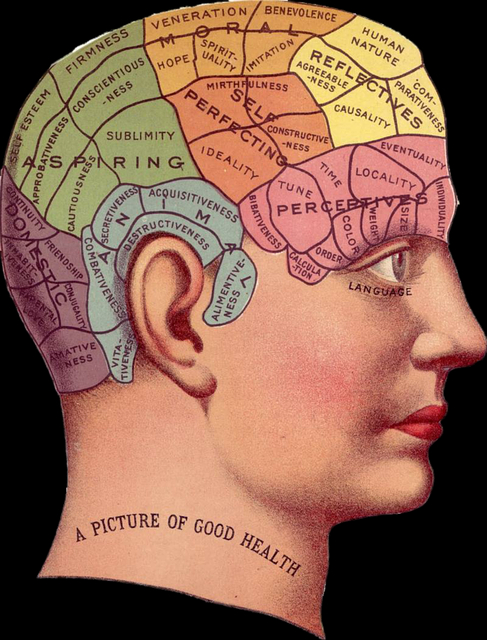
5. How to Apply Psychology Of Colors In Marketing to Your Brand
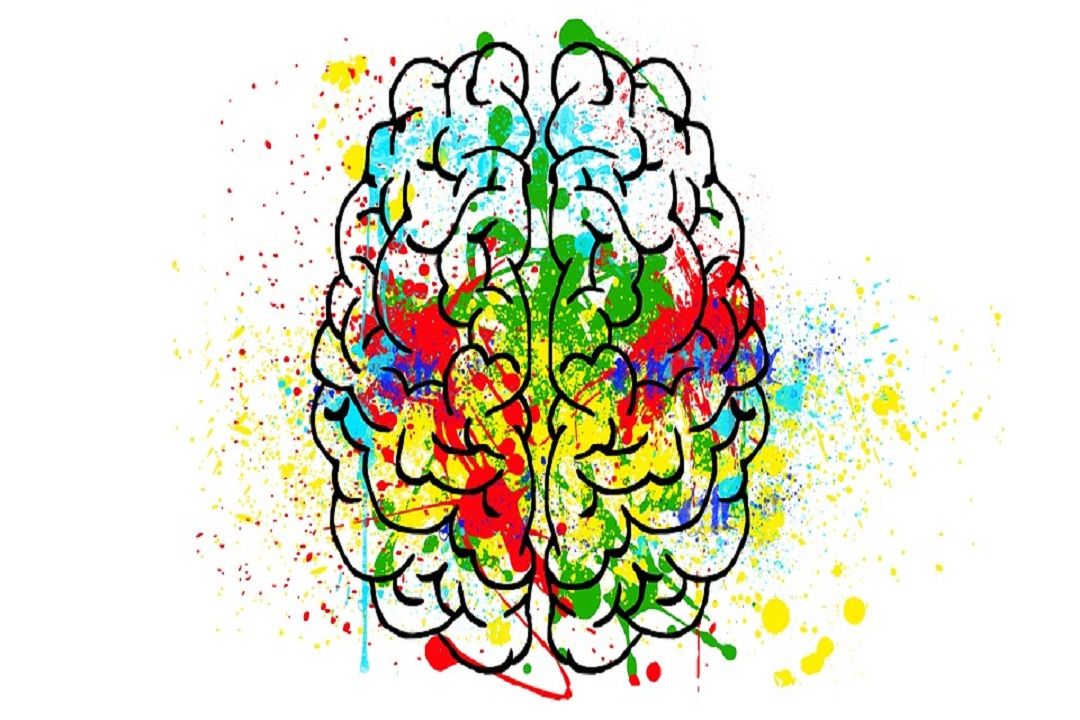 This story is about how color is utilized in publicizing and marketing to summon enthusiastic responses. You can use this information to apply to your brand.
This story is about how color is utilized in publicizing and marketing to summon enthusiastic responses. You can use this information to apply to your brand.
6. Spray, Pray, and Go Away: Investing is an Art
 It is the knowledge that I'm going to die that creates the focus that I bring to being alive. The urgency of accomplishment.
It is the knowledge that I'm going to die that creates the focus that I bring to being alive. The urgency of accomplishment.
7. Understanding The Dunning-Kruger Effect
 The Dunning–Kruger effect is the cognitive bias where people overestimate their ability or believe that they are smarter than they are.
The Dunning–Kruger effect is the cognitive bias where people overestimate their ability or believe that they are smarter than they are.
8. Why Burnout Syndrome Is More Common Among Software Developers
 Indicators for burnout risk of software developers can be measured at an early stage with analytical software-based methods and allow for timely countermeasures
Indicators for burnout risk of software developers can be measured at an early stage with analytical software-based methods and allow for timely countermeasures
9. What is the Best Advice for First-Time Managers?
 Learning to lead and manage teams are essential skills for anyone looking to advance their career.
Learning to lead and manage teams are essential skills for anyone looking to advance their career.
10. Cognitive Dissonance Theory and How it Impacts US
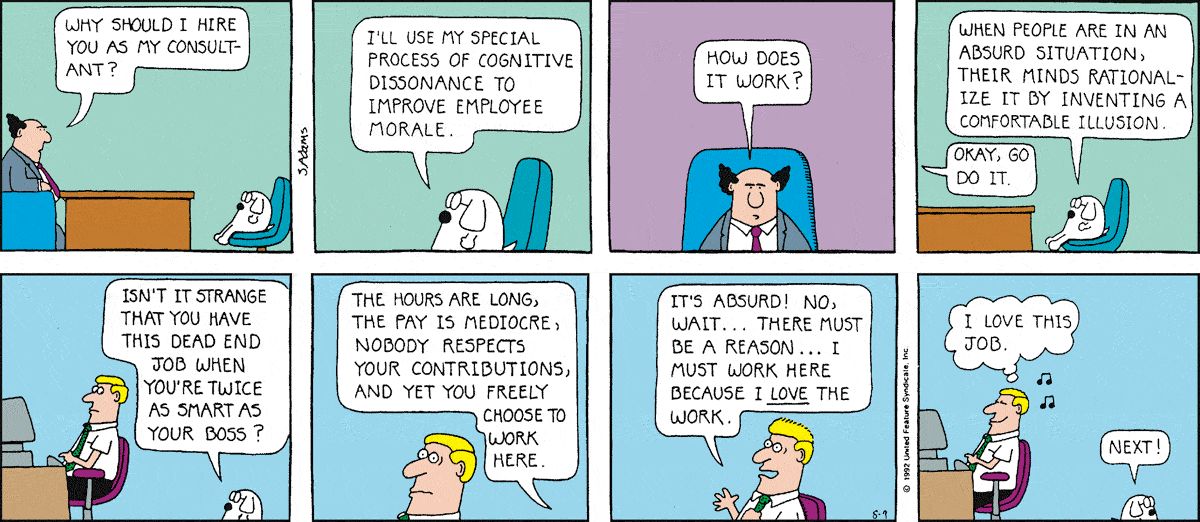 Cognitive dissonance is a psychology theory about how we strive to make sense about conflicting cognitions and behaviours.
Cognitive dissonance is a psychology theory about how we strive to make sense about conflicting cognitions and behaviours.
11. The Matthew Principle of Accumulated Advantage and How the Poor Get Poorer
 The Matthew Effect or Matthew Principle of accumulated advantage, is sometimes summarized by the adage "the rich get richer and the poor get poorer".
The Matthew Effect or Matthew Principle of accumulated advantage, is sometimes summarized by the adage "the rich get richer and the poor get poorer".
12. How to Mentally Prepare Yourself for Executing a Plan
 In reality, as projects are executed, new information can challenge the objective. These are situations that can make one happy or frustrated.
In reality, as projects are executed, new information can challenge the objective. These are situations that can make one happy or frustrated.
13. Did You Know Developer Hunting is a Thing?
 Demand for developers leveled off, but it didn’t dip.
Demand for developers leveled off, but it didn’t dip.
14. Should You Ever Build a Startup with a Friend?

15. The Adventures of Sherlock Holmes - TABLE OF LINKS
 The Adventures of Sherlock Holmes, by Sir Arthur Conan Doyle is part of HackerNoon’s Book Blog Post series.
The Adventures of Sherlock Holmes, by Sir Arthur Conan Doyle is part of HackerNoon’s Book Blog Post series.
16. What Personality Traits Lead to White Hat, Gray Hat and Black Hat Hackers? [STUDY]
 Inside the mind of a hacker
Inside the mind of a hacker
17. How to be Bored (the Right Way)
 Boredom is one of the biggest problems of modernity. Or is it?
Boredom is one of the biggest problems of modernity. Or is it?
18. How To Hack Your Brain To Get Motivated, Even When You’re Bored
 On boredom, laziness, and snickers. On how to hack your brain, and how to deal with the mystery that is the bored, unproductive brain, with a well-tried method.
On boredom, laziness, and snickers. On how to hack your brain, and how to deal with the mystery that is the bored, unproductive brain, with a well-tried method.
19. "Emotions make your mind dumb and kill logic": A Blunt Perspective on How to Live
 You only have one life, make it big!
You only have one life, make it big!
20. Thinking of Humans as a Computer Program

21. What is the Best Way to Structure Interview Questions For Those Impacted by War?
 When interviewing a candidate whose life/relatives/home were/are put in jeopardy by war, be aware that the interview may elicit an emotional response.
When interviewing a candidate whose life/relatives/home were/are put in jeopardy by war, be aware that the interview may elicit an emotional response.
22. The Psychological Implications of Virtual Reality
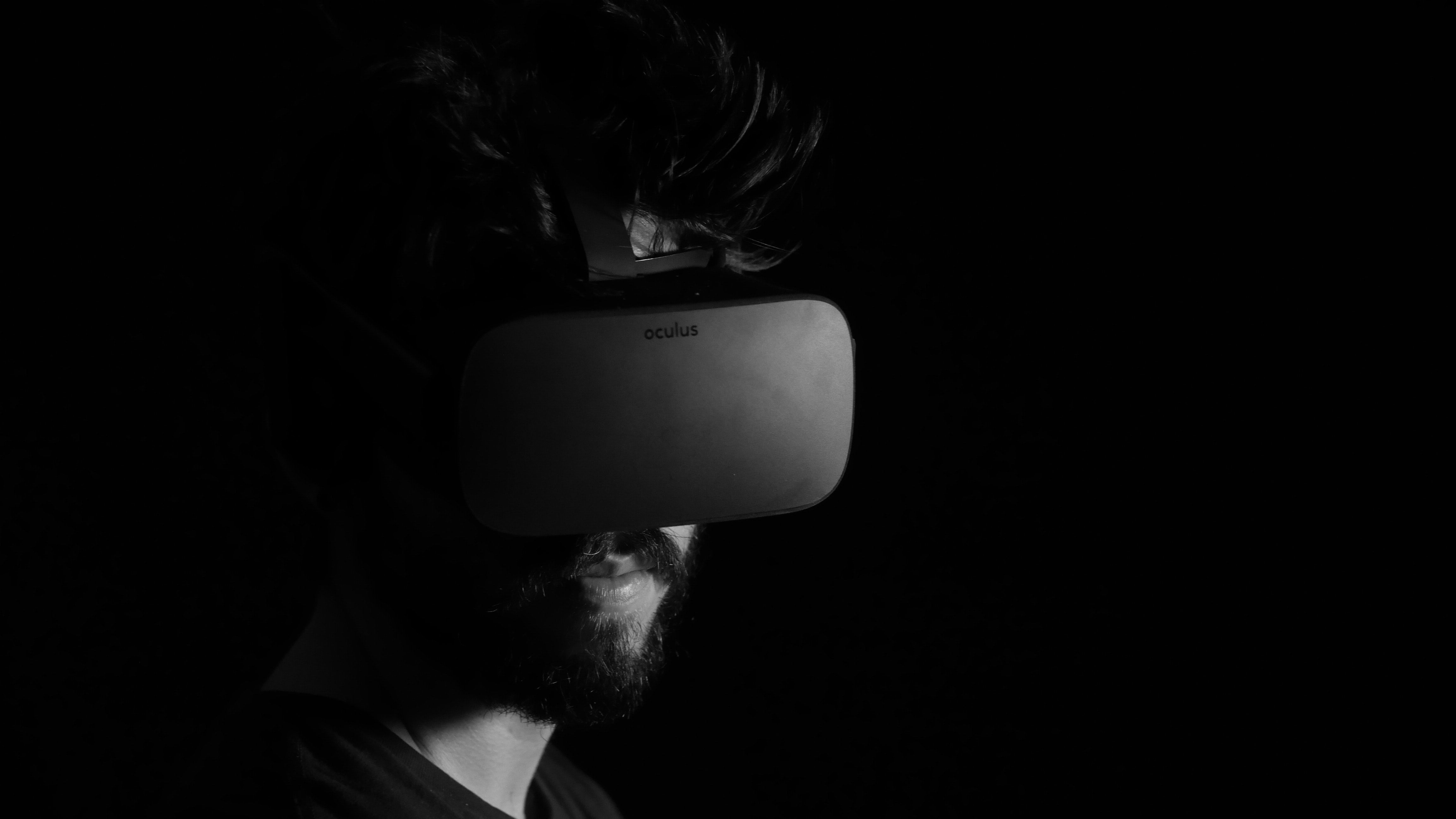 Virtual reality, in its simplest form, is a mind game -- one that transports something from your imagination onto the screen in front of you.
Virtual reality, in its simplest form, is a mind game -- one that transports something from your imagination onto the screen in front of you.
23. Why is TikTok Obsessed With Tarot Card Readings?
 First of all, Nostradamus has nothing to do with Tarot.
First of all, Nostradamus has nothing to do with Tarot.
24. Thinking Like Elon Musk Means Thinking Bigger Than Big: Huge
 In simple language, First Principles Thinking involves actively questioning every assumption you believe.
In simple language, First Principles Thinking involves actively questioning every assumption you believe.
25. Dealing With Narcissists: How to S.L.A.Y. Any Dispute
 Rebecca Zung | Negotiating with Narcissists: How to S.L.A.Y. Any Dispute
Rebecca Zung | Negotiating with Narcissists: How to S.L.A.Y. Any Dispute
26. Psychology of the dWeb: Incentives to cooperate on the decentralized internet
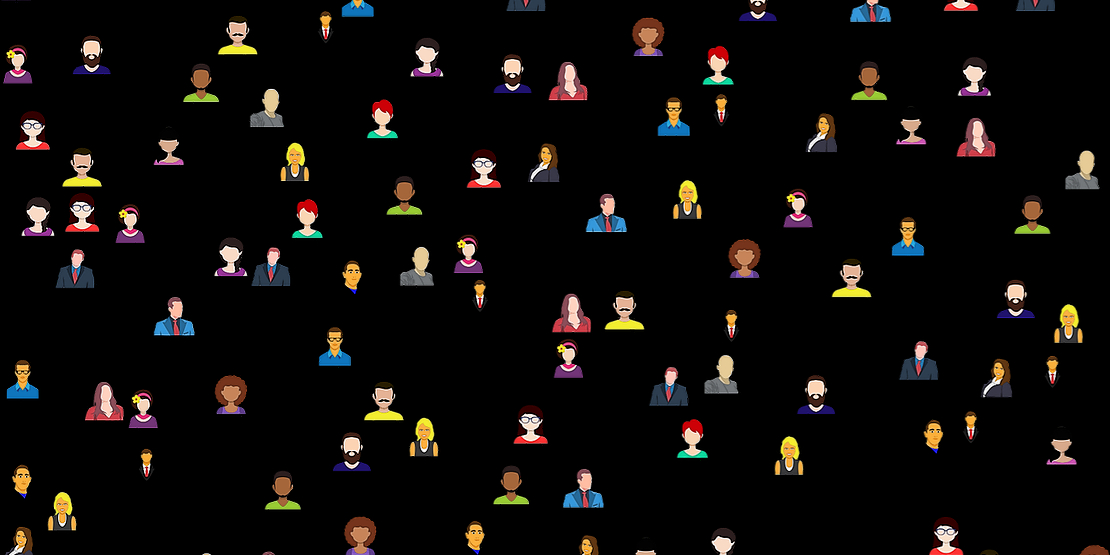 Interest in the dWeb is blossoming, but decentralized systems require cooperation in order to work. If Richard Hendricks’ dream of the new internet is to come to fruition, it’s going to mean we’re relying on our friends, neighbors, and even strangers to provide us with information and connection to the outside world. It’s going to take communities of ultra-cooperation to work. But can we rely on networks of people (some or all of whom are self-interested) to deliver? Call me the optimist, but I think humans actually have the necessary "stuff" to make it work well. Here, I lay out some of our evolved moral fabric, and how that moral fabric can be tailored to socially scale the decentralized web.
Interest in the dWeb is blossoming, but decentralized systems require cooperation in order to work. If Richard Hendricks’ dream of the new internet is to come to fruition, it’s going to mean we’re relying on our friends, neighbors, and even strangers to provide us with information and connection to the outside world. It’s going to take communities of ultra-cooperation to work. But can we rely on networks of people (some or all of whom are self-interested) to deliver? Call me the optimist, but I think humans actually have the necessary "stuff" to make it work well. Here, I lay out some of our evolved moral fabric, and how that moral fabric can be tailored to socially scale the decentralized web.
27. Remote Work's Hierarchy of Needs

28. Get Rid of Your Imposter Syndrome!
 Get rid of Imposter Symdrome with those 3 tips from my personal experience.
Get rid of Imposter Symdrome with those 3 tips from my personal experience.
29. Understanding How Bias Affects the Mediocrity Cycle
 Humans are naturally predisposed to some attitudes and behaviours which can close us off from good choices.
Humans are naturally predisposed to some attitudes and behaviours which can close us off from good choices.
30. Happy International Women’s Day From HackerNoon
 HackerNooon welcomes everyone to celebrate women, tech, and women in tech on our platform!
HackerNooon welcomes everyone to celebrate women, tech, and women in tech on our platform!
31. Discover the Truth About Time Management
 When you’re in a serious discussion with people who are beside you, make sure you turn off your cell phone.
When you’re in a serious discussion with people who are beside you, make sure you turn off your cell phone.
32. Growing Up in a Digital Time: What is in the Mind of a Gen Z?
 Does pressure create diamonds, or will pressure break people before they have a shot to shine?
Does pressure create diamonds, or will pressure break people before they have a shot to shine?
33. Explore Why You Should Keep a Growth Mindset in Interviews
 In situations where we change or update the tech stack, the team will be required to learn new languages, frameworks, databases, etc.
In situations where we change or update the tech stack, the team will be required to learn new languages, frameworks, databases, etc.
34. Only 3% of the World Has Figured Out Their Reason for Being
 Matt Schnuck explains why only 3% of the world has figured out their reason for being.
Matt Schnuck explains why only 3% of the world has figured out their reason for being.
35. Do you still think your decision-making is rational?
 [nope, no game theory fun-facts here]
[nope, no game theory fun-facts here]
36. Logic Vs. Emotion: What Really Drives Decision Making
 How emotions, ego and aspirations influence technological choices. How to answer these psychological need with an objective method.
How emotions, ego and aspirations influence technological choices. How to answer these psychological need with an objective method.
37. If You Want to Learn Better, Put Down the Tutorial, and Start Practicing
 Going from tutorial to tutorial to achieve this imaginary 100% knowledge of a topic is very detrimental.
Going from tutorial to tutorial to achieve this imaginary 100% knowledge of a topic is very detrimental.
38. How to Improve Your Well-Being With Tech and Good Air Composition
 How does air composition influence cognitive performance?
How does air composition influence cognitive performance?
39. Building and Maintaining Healthy Relationships is Not an Exact Science
 Having high standards in love is basically a form of self care and self respect
Having high standards in love is basically a form of self care and self respect
40. The Dunning-Kruger Effect in Simple Terms
 The Dunning-Kruger effect is a phenomenon in which unskilled individuals overestimate their abilities while skilled individuals may underestimate their abilitie
The Dunning-Kruger effect is a phenomenon in which unskilled individuals overestimate their abilities while skilled individuals may underestimate their abilitie
41. Russian Invasion, Gas Prices, the Metaverse, and Other Stories For Inspiration
 There is something on your mind. Come release it with us!
There is something on your mind. Come release it with us!
42. Happy Pride Month From HackerNoon!
 A code of solidarity.
A code of solidarity.
43. The AI Who Was Not a God
 The AI, as a fu dog avatar, wonders what it would be like to have a million eyes. Artwork and background image of Mỹ Sơn by Ted Wade.
The AI, as a fu dog avatar, wonders what it would be like to have a million eyes. Artwork and background image of Mỹ Sơn by Ted Wade.
44. How to Hack Content Moderation in the Metaverse: Lessons from Web2.0
 A post about content moderation and how Reddit's community point system could be used to supplement and eventually replace moderators
A post about content moderation and how Reddit's community point system could be used to supplement and eventually replace moderators
45. "Small Successes Lead to the Biggest Significant Achievements."
 Hey Hackers! I’m Sagar and I’m the Team Leader @ Linclogy SEO Services. Check my interview for HackerNoon Contributor of the Year!
Hey Hackers! I’m Sagar and I’m the Team Leader @ Linclogy SEO Services. Check my interview for HackerNoon Contributor of the Year!
46. Parasocial Relationships: A Pervasive Risk
 Virtual relationships can be complicated, especially when they're not symmetrical and parasocial: "I know a lot about you, but you don't know me at all."
Virtual relationships can be complicated, especially when they're not symmetrical and parasocial: "I know a lot about you, but you don't know me at all."
47. Building a Strong Portfolio in the Early Stages of a Startup: Tips and Strategies
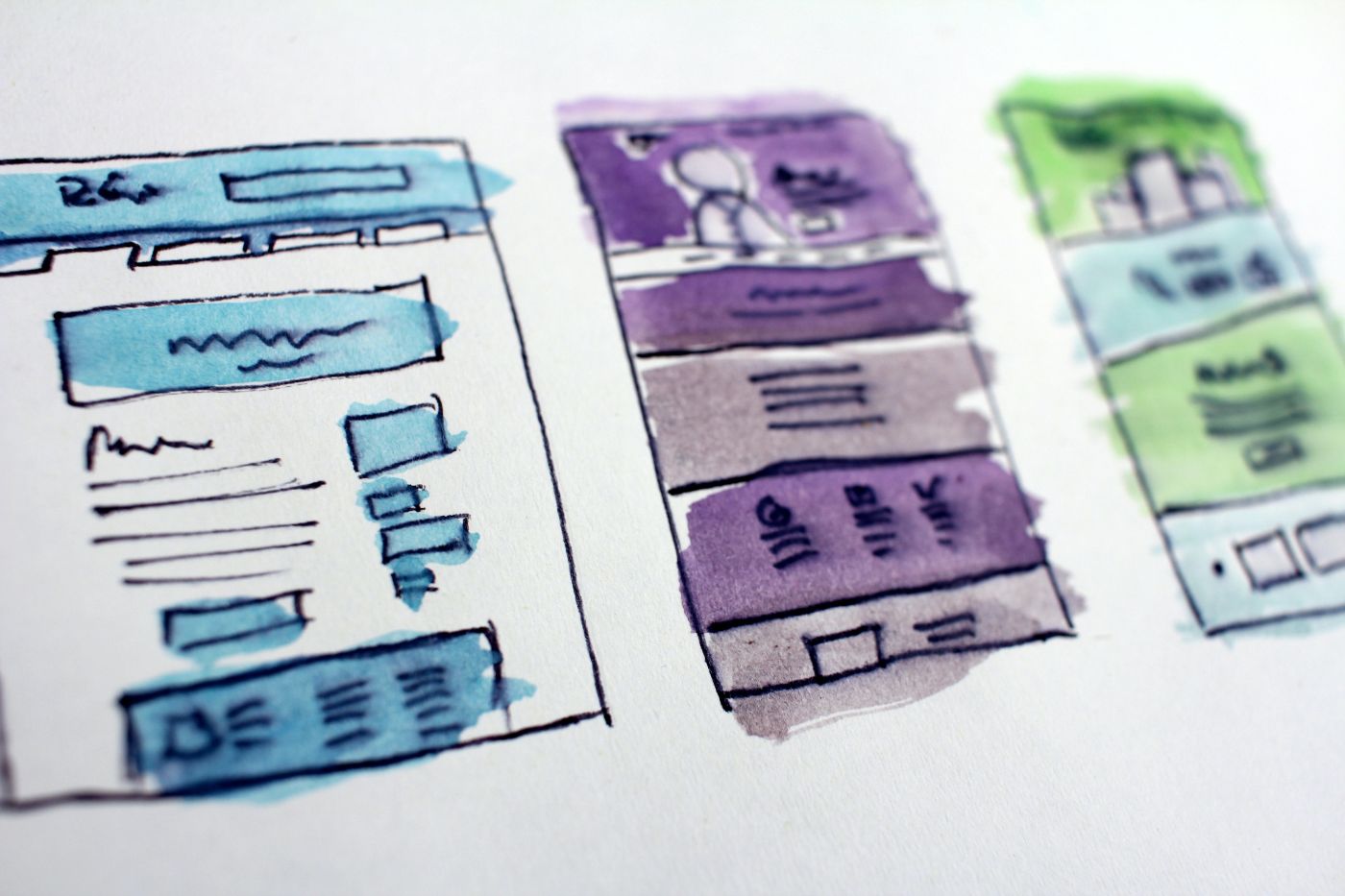 A startup team may fail to deliver a product but should not fail to deliver a portfolio of value.
A startup team may fail to deliver a product but should not fail to deliver a portfolio of value.
48. Artificial Intelligence, Machine Learning, and Human Beings
 In a conversation with HackerNoon CEO, David Smooke, he identified artificial intelligence as an area of technology in which he anticipates vast growth. He pointed out, somewhat cheekily, that it seems like AI could be further along in figuring out how to alleviate some of our most basic electronic tasks—coordinating and scheduling meetings, for instance. This got me reflecting on the state of artificial intelligence. And mostly why my targeted ads suck so much...
In a conversation with HackerNoon CEO, David Smooke, he identified artificial intelligence as an area of technology in which he anticipates vast growth. He pointed out, somewhat cheekily, that it seems like AI could be further along in figuring out how to alleviate some of our most basic electronic tasks—coordinating and scheduling meetings, for instance. This got me reflecting on the state of artificial intelligence. And mostly why my targeted ads suck so much...
49. The Magic of Feedback Loops: AI Takes Over
 How did we let the algorithms take over our lives?
How did we let the algorithms take over our lives?
50. 5 Most Persuasive Words in the English Language: What They Are and How to Use Them
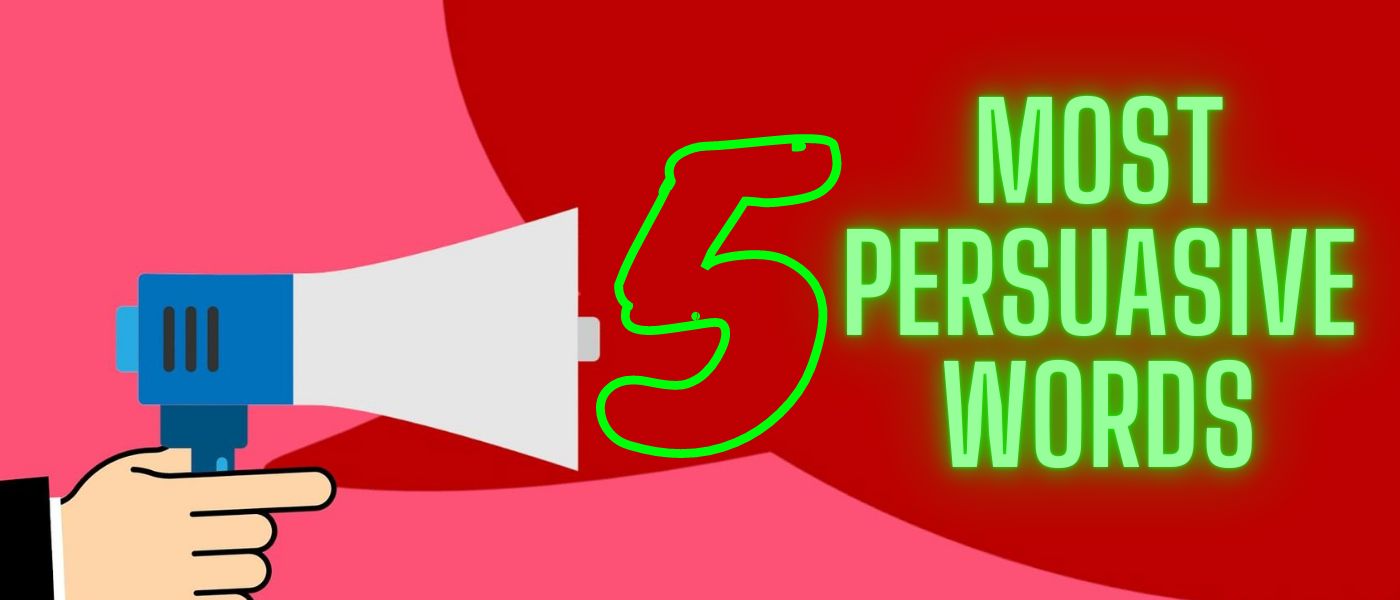 It's fascinating to see how psychology comes into play in copywriting and content marketing. You just read the phrase "most persuasive words in the English language" and it rang a bell.
It's fascinating to see how psychology comes into play in copywriting and content marketing. You just read the phrase "most persuasive words in the English language" and it rang a bell.
51. Discover the 'Cheat Codes' for the Difficult 'Game' of Giving Care
 If the game is unbeatable, frustration takes over and the game is tossed aside.
If the game is unbeatable, frustration takes over and the game is tossed aside.
52. The Psychology of Color in Marketing
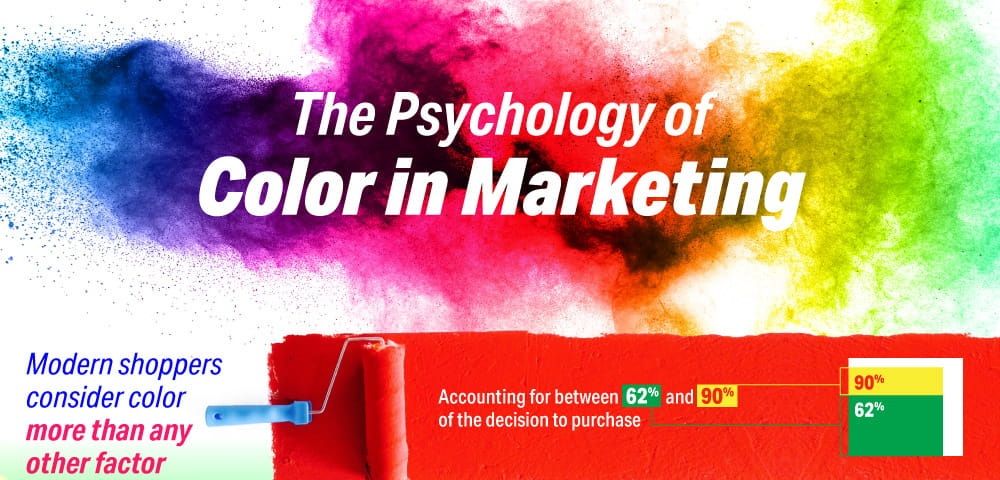 Understanding the psychology of color can help improve your branding and marketing.
Understanding the psychology of color can help improve your branding and marketing.
53. A Practical Guide to Understanding Systems
 (Source)
(Source)
54. K.I.S.S. on a Threat Model, Like it is Hot P.1
 You and your team do threat modeling wrong, it's time to fix up.
You and your team do threat modeling wrong, it's time to fix up.
55. What a Baby Can Teach You About Adulting at Work
 What I’m trying to say, is that despite my best efforts; I’m not much of a people person.
What I’m trying to say, is that despite my best efforts; I’m not much of a people person.
56. Interoception: The Sense Behind Wellbeing
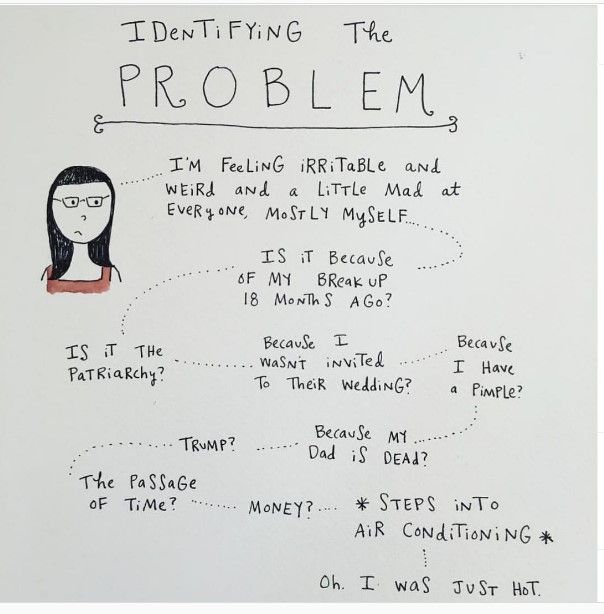 we are not brains that have an attached body. We are bodies.
we are not brains that have an attached body. We are bodies.
57. Testing Has a Type: Smoke, Sanity, Regression, Re-Test
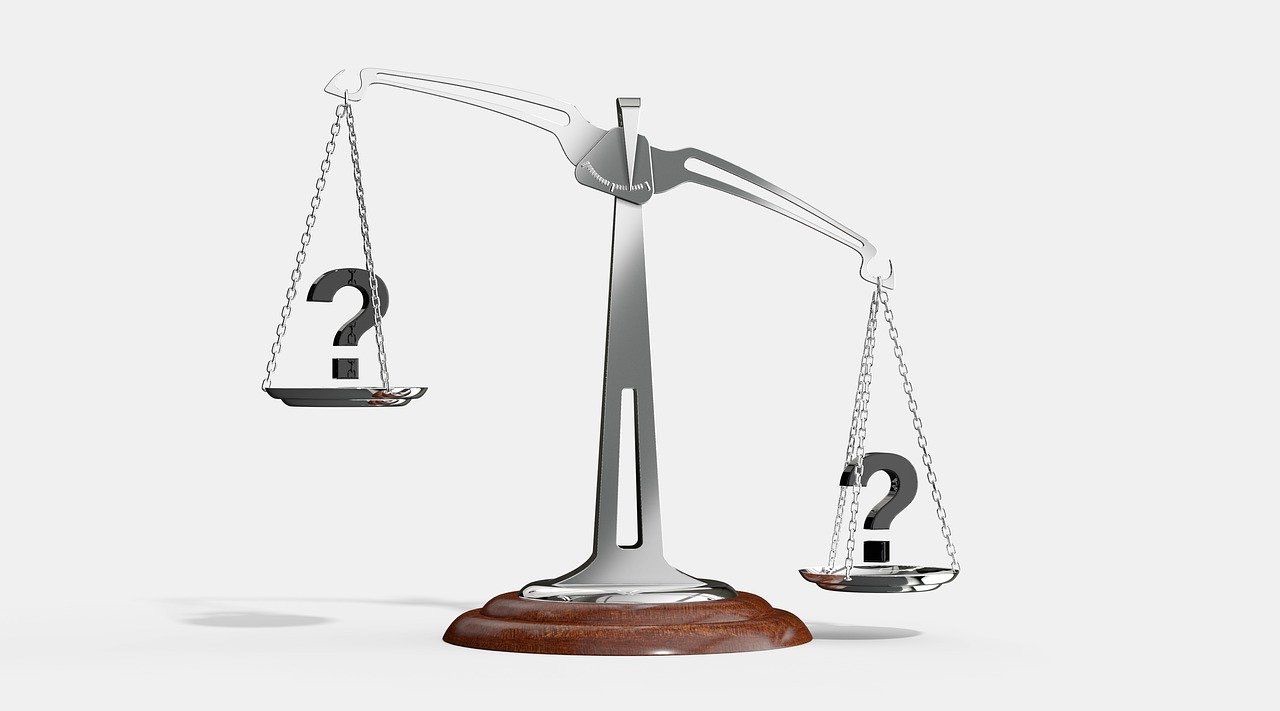 As a testing engineer, you've probably heard of such types of testing as smoke, sanity, re-test and regression testing.
As a testing engineer, you've probably heard of such types of testing as smoke, sanity, re-test and regression testing.
58. Decipher Your Mind: Gamification, the Octalysis Framework, and the Psychology of Motivation
 People do things for a reason. If we look deeper within ourselves and the world around us, we realize that we are all motivated by a myriad of drivers.
People do things for a reason. If we look deeper within ourselves and the world around us, we realize that we are all motivated by a myriad of drivers.
59. 5 Strategies to Overcome Confirmation Bias in Your Personal Narratives
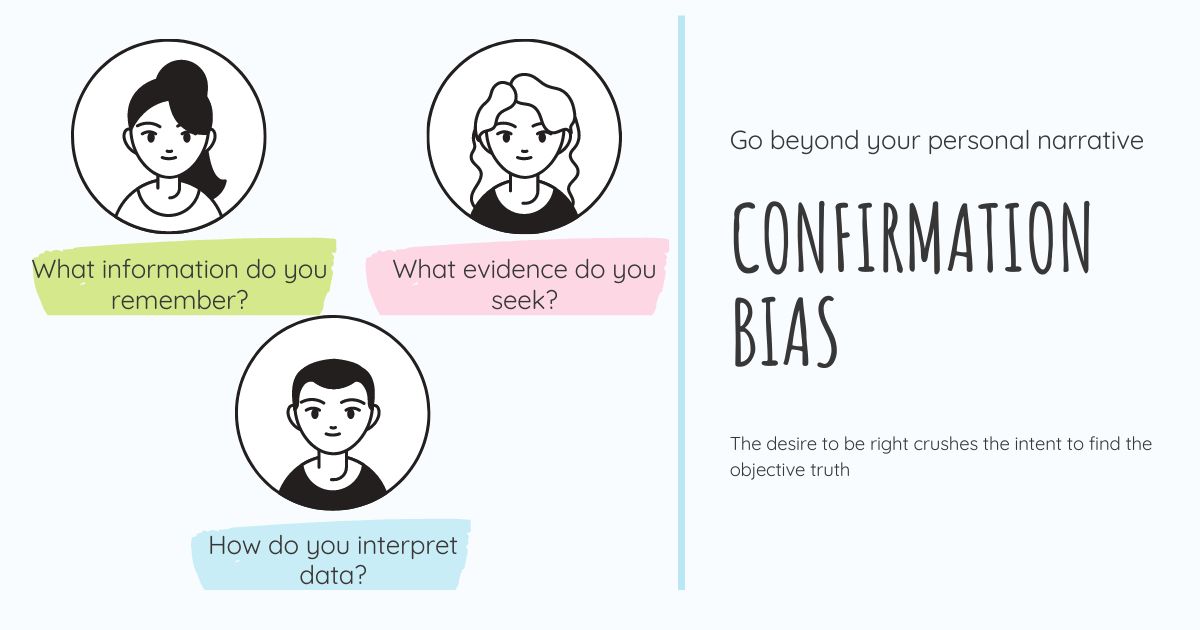 We gravitate towards people who are like us and will most likely believe what we believe. Doesn’t it feel good when others conform to our ideas? Who likes being told that they are not right or what they believe is far from reality?
We gravitate towards people who are like us and will most likely believe what we believe. Doesn’t it feel good when others conform to our ideas? Who likes being told that they are not right or what they believe is far from reality?
60. What to do when you hear about your idea: “That’s been done…”
 About twenty times in my career as a Computer Scientist and Public Inventor I have somehow informally presented an idea to someone or a group of people, only to hear them say, “That’s been done.”
About twenty times in my career as a Computer Scientist and Public Inventor I have somehow informally presented an idea to someone or a group of people, only to hear them say, “That’s been done.”
61. "Can we all stop killing each other and just recycle?"
 Governance in a world where most people work remotely from home will need to be inventive in order to engage individuals into communities.
Governance in a world where most people work remotely from home will need to be inventive in order to engage individuals into communities.
62. Levelling Up Your Conversion Metrics Via Behavioural Psychology
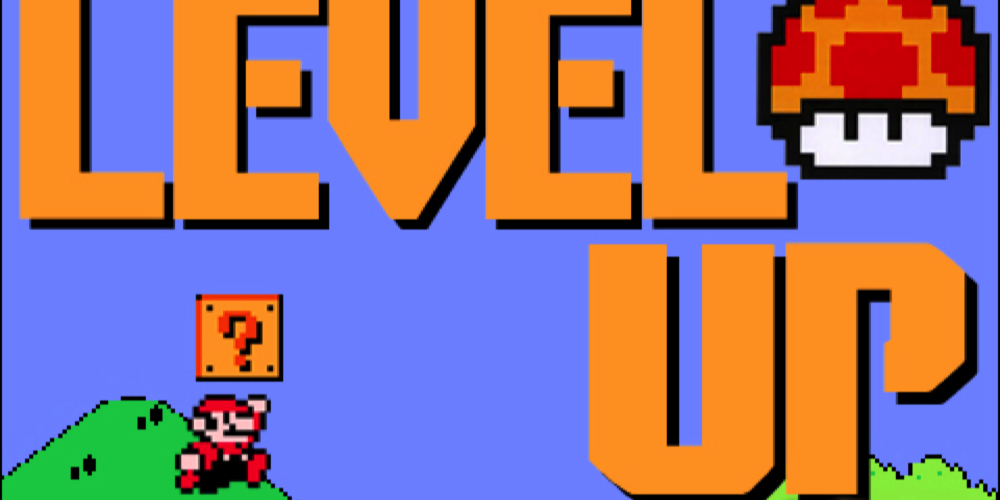 You got a perfect product, been used by about a million of users, so does it mean your product is successful? Well, if you think right now it’s on the path of success, but it might just take a small turn to go down the road to failure. Product just can’t be successful and keep its game up for a longer run unless it exploit the behavioural domain of its users.
You got a perfect product, been used by about a million of users, so does it mean your product is successful? Well, if you think right now it’s on the path of success, but it might just take a small turn to go down the road to failure. Product just can’t be successful and keep its game up for a longer run unless it exploit the behavioural domain of its users.
63. The Case For Work Being the Meaning of Life
 “We are still waiting on a cure for death, but until then building products may be the next best thing.”
“We are still waiting on a cure for death, but until then building products may be the next best thing.”
64. Algorithms of Despair Or Our Warning to the AI Generation
 Historically, generational divides have been defined by geopolitical-social-economic changes within societies. Today, however, advances in technology appear to define the lines between generations. The advent of the iPhone spawned generation I, and it appears that AI is birthing the next generation - Generation AI — currently in diapers.
Historically, generational divides have been defined by geopolitical-social-economic changes within societies. Today, however, advances in technology appear to define the lines between generations. The advent of the iPhone spawned generation I, and it appears that AI is birthing the next generation - Generation AI — currently in diapers.
65. How Do Social Media Apps Impact Your Psyche?
 How much time you spend on social media apps isn’t necessarily a conscious decision.
How much time you spend on social media apps isn’t necessarily a conscious decision.
66. Cultivating Healthy Workplace Culture: Listen. Decide. Act. Repeat
 Your employees’ relationships with their work environment are just as meaningful as their home environment when it comes to mental health.
Your employees’ relationships with their work environment are just as meaningful as their home environment when it comes to mental health.
67. How To Stay Human in the Digital Era: A Series of Fortunate Tips for Shaping the Next Generation
 World Wide Webers, it’s 2019 and the talk of town are topics that so many of us interact with every day: conversational marketing, behavioural science, machine learning, process automation, productivity tools, chatbots, algorithms, artificial intelligence, big data, deep learning, accelerating digital transformation, and so much more.
World Wide Webers, it’s 2019 and the talk of town are topics that so many of us interact with every day: conversational marketing, behavioural science, machine learning, process automation, productivity tools, chatbots, algorithms, artificial intelligence, big data, deep learning, accelerating digital transformation, and so much more.
68. How AI Can Effectively Solve Inherent Human Bias
 With the growing complexity of reality, cognitive biases multiply over time. Let’s discover those effectively solved using the state-of-the-art technology
With the growing complexity of reality, cognitive biases multiply over time. Let’s discover those effectively solved using the state-of-the-art technology
69. 5 Strategies for Shifting a Fixed Mindset to a Growth Mindset
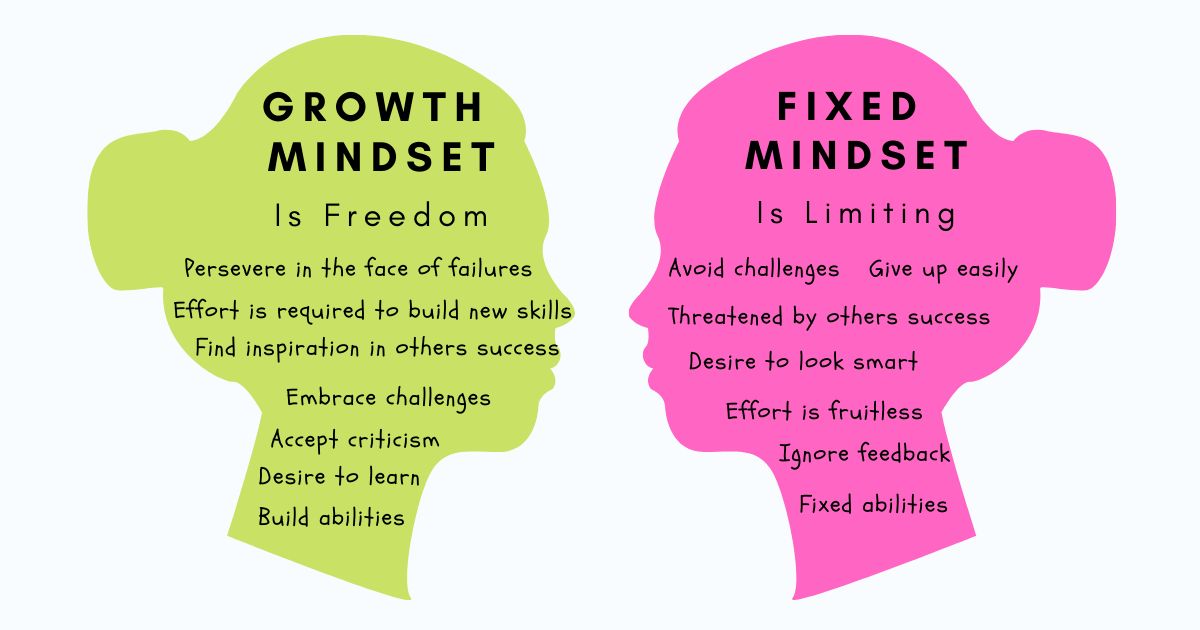 How do you approach failures in life?
How do you approach failures in life?
70. Thrilled to be Recognized as Startup of the Year in New York City
 From a personal perspective, I have leveraged quite a few tools to grow into a CEO. These range from therapists and coaches to SSRIs and budgeting exercises.
From a personal perspective, I have leveraged quite a few tools to grow into a CEO. These range from therapists and coaches to SSRIs and budgeting exercises.
71. Hacking The Psychology of Business Names
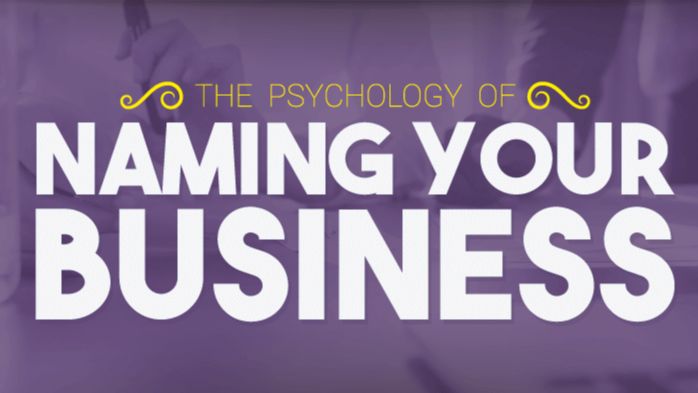 What's in a name? It's important to figure out how to pick the best name for your business.
What's in a name? It's important to figure out how to pick the best name for your business.
72. Explore How to Harness Delayed Gratification For a Mountain of Success
 These are all qualities you would expect from a successful person, and they are.
These are all qualities you would expect from a successful person, and they are.
73. Blockchain can Impact Human Behaviour in a Positive way #Noonies2021
 Our platform is already managed and governed as a decentralized entity, and we are quickly expanding those capabilities to all communities on the platform.
Our platform is already managed and governed as a decentralized entity, and we are quickly expanding those capabilities to all communities on the platform.
74. When Will We Act Against the Heinous Effects of Tech Dependence?
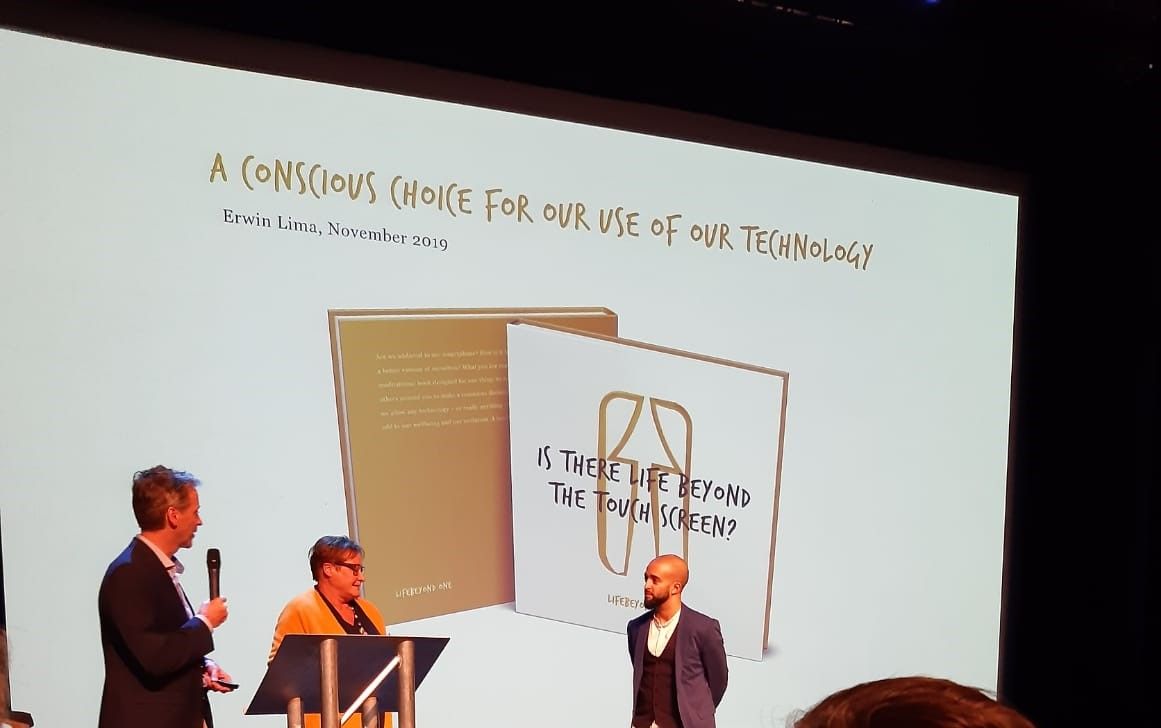 The above photo is from the Weconomics convention last year, where I had the opportunity to pre-present my book Life Beyond the Touch Screen before its official launch in 2020. Something really interesting happened during my session.
The above photo is from the Weconomics convention last year, where I had the opportunity to pre-present my book Life Beyond the Touch Screen before its official launch in 2020. Something really interesting happened during my session.
75. Mastering Crypto Trading Psychology: Secure the Bag and Avoid Getting REKT
 This is not a Trade Guide - it is a framework for understanding the nature of trading crypto; built on years of experience, great success & painful failure.
This is not a Trade Guide - it is a framework for understanding the nature of trading crypto; built on years of experience, great success & painful failure.
76. The Hound of the Baskervilles - TABLE OF LINKS
 The Hound of the Baskervilles, by Arthur Conan Doyle is part of HackerNoon’s Book Blog Post series. The table of Links for this book can be found here.
The Hound of the Baskervilles, by Arthur Conan Doyle is part of HackerNoon’s Book Blog Post series. The table of Links for this book can be found here.
77. 5 Mental Tricks to Do Your Best Under Pressure
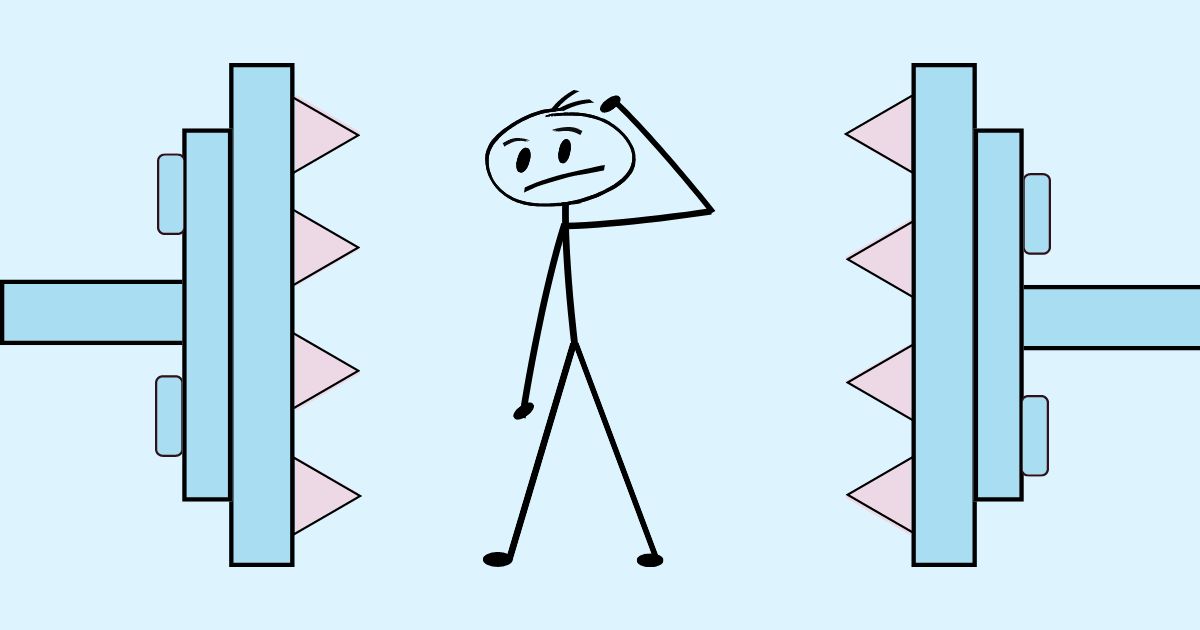 We all face situations where we need to perform under pressure. Here are 5 mental tricks that work best in such circumstances.
We all face situations where we need to perform under pressure. Here are 5 mental tricks that work best in such circumstances.
78. Time and Free Will: An Essay on the Immediate Data of Consciousness - Table of Links
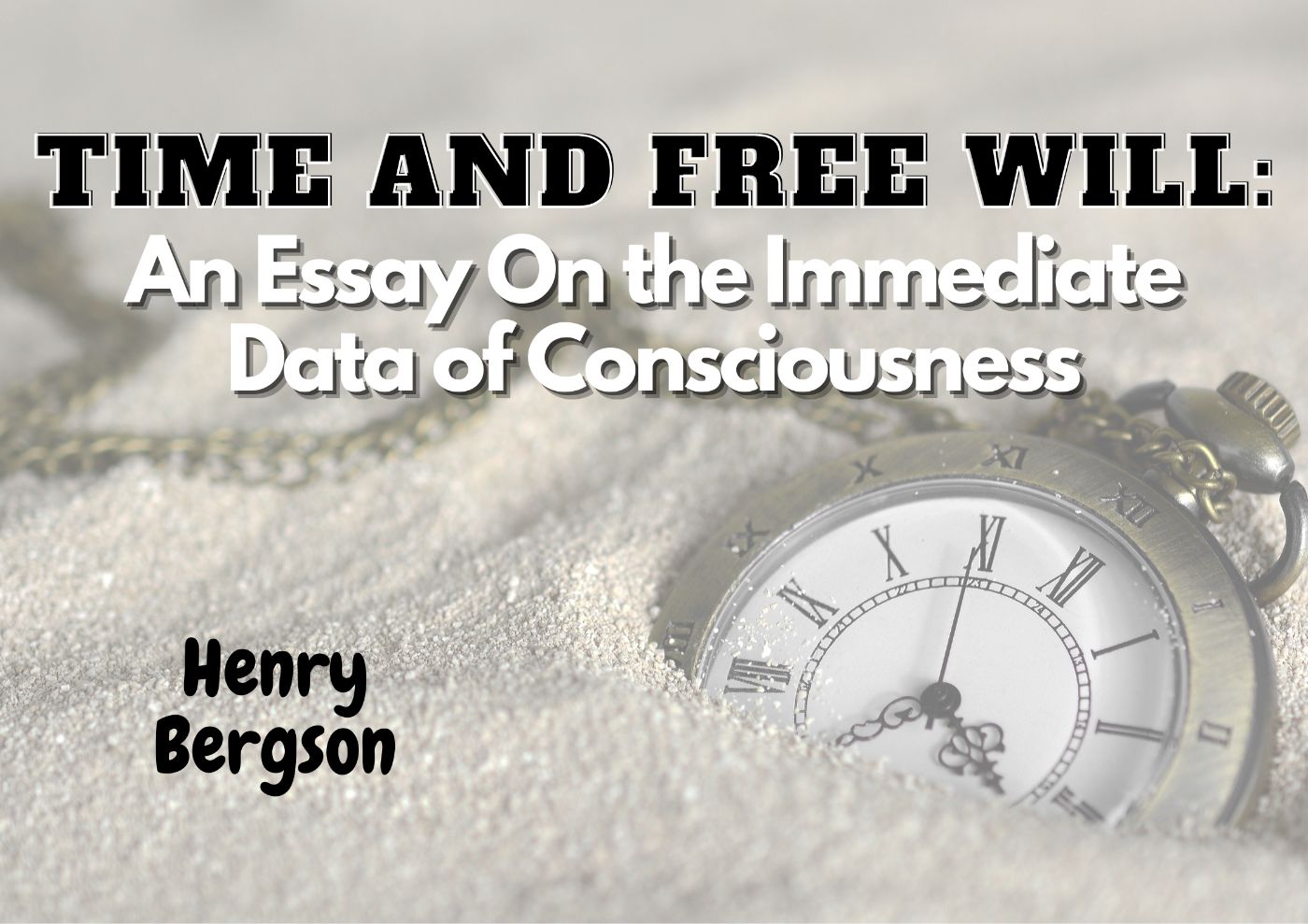 Time and Free Will: An Essay on the Immediate Data of Consciousness, by Henri Bergson is part of HackerNoon’s series. This piece links to each chapter
Time and Free Will: An Essay on the Immediate Data of Consciousness, by Henri Bergson is part of HackerNoon’s series. This piece links to each chapter
79. My Experiences with Overcoming Depression
 Overcoming depression is a long and challenging process. Here’s what else I have learned.
Overcoming depression is a long and challenging process. Here’s what else I have learned.
80. What Weekly Rituals Should You Master?
 How to do milestone identification, project plans, risk registries, and project updates.
How to do milestone identification, project plans, risk registries, and project updates.
81. Feeling Insecure When You First Start Something Does Not Mean You Have Imposter Syndrome
 How can an absolute beginner be a fake / an imposter?
How can an absolute beginner be a fake / an imposter?
82. It's Lonely At The Summit: Leaders Need Help Too
 You’re at the top of the world; you can’t be hurting… depressed… lonely…
Can you? Overcome your loneliness through communication and community.
You’re at the top of the world; you can’t be hurting… depressed… lonely…
Can you? Overcome your loneliness through communication and community.
83. How to Start Applying Psychology in Product Design
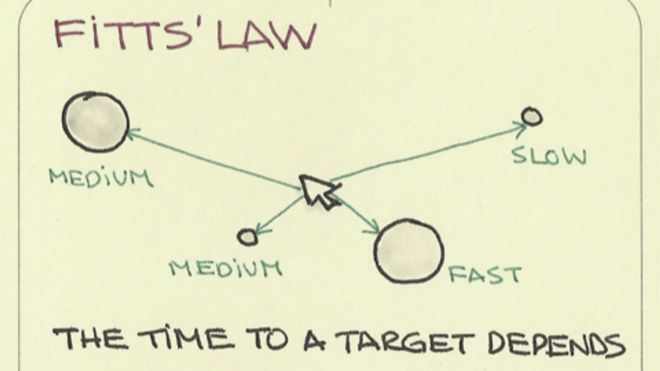 The best designs exist to help users complete their tasks smoothly and efficiently, and they do so discreetly while remaining completely inconspicuous.
The best designs exist to help users complete their tasks smoothly and efficiently, and they do so discreetly while remaining completely inconspicuous.
84. A Dream is Only a Starting Point
 At the end of the day, achieving your dreams takes all three of these things. It requires big dreams, preparation, and actually doing it.
At the end of the day, achieving your dreams takes all three of these things. It requires big dreams, preparation, and actually doing it.
85. Did You Quit Your Job to Face an Even Worse Boss?
 The science behind becoming your own personal tyrant
The science behind becoming your own personal tyrant
86. Can People Reclaim Their Culture and Heritage With NFTs?
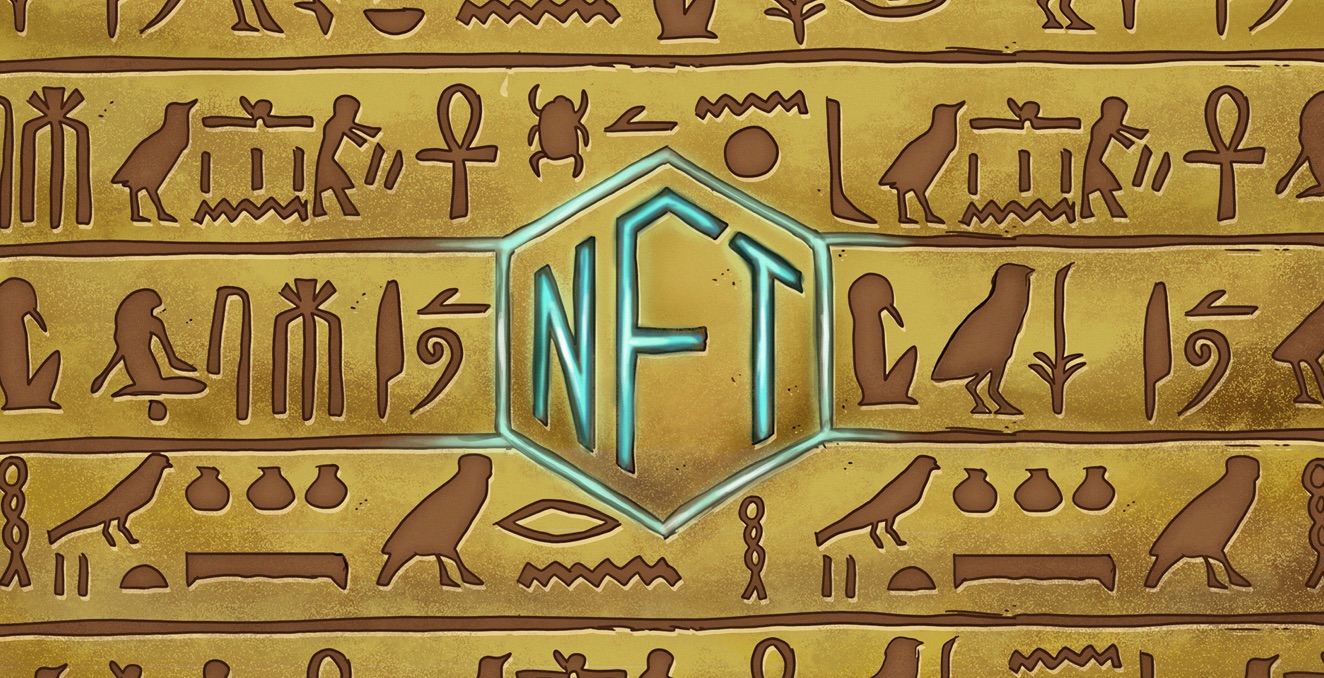 Technology and cultural heritage can present a somewhat awkward partnership.
Technology and cultural heritage can present a somewhat awkward partnership.
87. Crime and Punishment - Table Of Links
 Follow the mental anguish of Rodion Raskolnikov, as he plans to kill an unscrupulous pawnbroker.
Follow the mental anguish of Rodion Raskolnikov, as he plans to kill an unscrupulous pawnbroker.
88. How the Japanese Concept Wabi-Sabi can Shape Our Worldview
 Wabi-sabi teaches that it takes a conscious effort to slow down and cultivate our minds to cherish the beauty of old, weathered, incomplete or unfinished.
Wabi-sabi teaches that it takes a conscious effort to slow down and cultivate our minds to cherish the beauty of old, weathered, incomplete or unfinished.
89. How to Plan Like a Pro: Part 1 of 2
 The first part of an educational blog covering general planning. This specifically focuses on the why's of planning.
The first part of an educational blog covering general planning. This specifically focuses on the why's of planning.
90. The Psychology of a Programmer
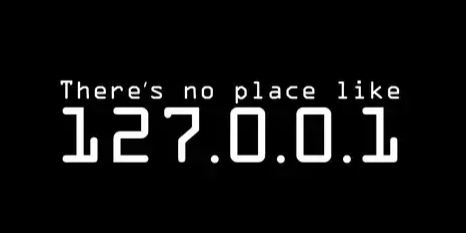 Program, what an interesting concept more than a word. It has been used so endlessly in the life of you and I so many times, that is has become uncountable. If we begin to deconstruct it, therefore to understand its core, we can say that it is a specific set of operations of tasks, commanded or ordered for a computer to perform.
Program, what an interesting concept more than a word. It has been used so endlessly in the life of you and I so many times, that is has become uncountable. If we begin to deconstruct it, therefore to understand its core, we can say that it is a specific set of operations of tasks, commanded or ordered for a computer to perform.
91. 'Welcome to the Era of Cyber-Education'
 The rise of the internet, and also its bubble, has enabled autodidacts to learn more than they ever could.
The rise of the internet, and also its bubble, has enabled autodidacts to learn more than they ever could.
92. Exploring The Spotlight Effect and Its Role in Social Anxiety
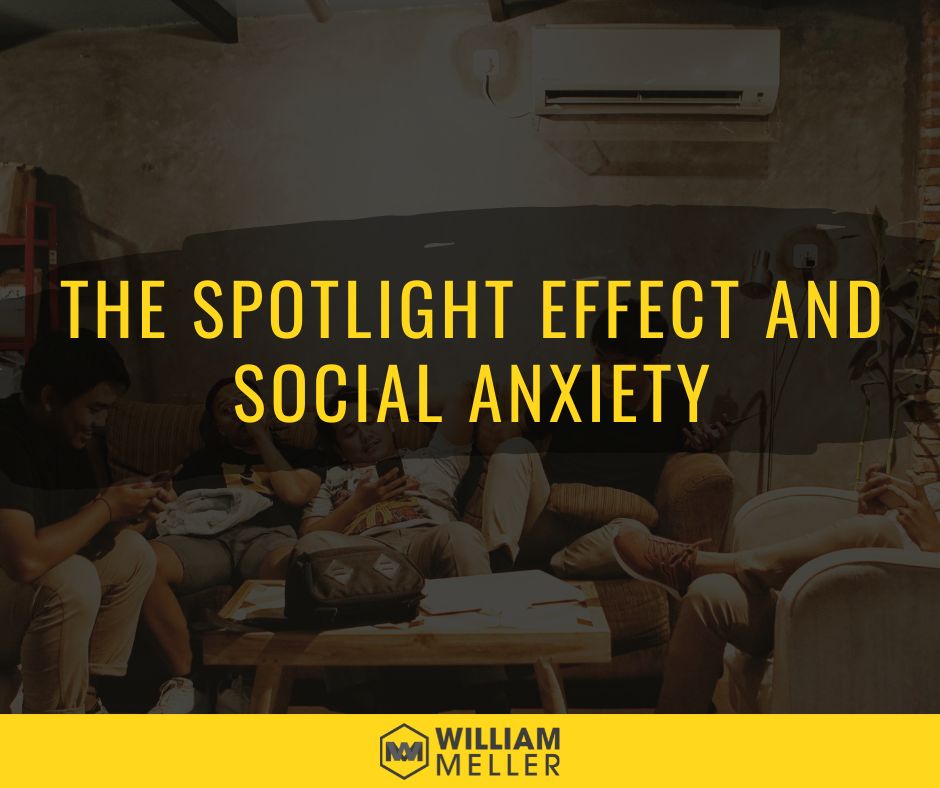 The spotlight effect is the phenomenon in which people tend to believe they are being noticed more than they really are.
The spotlight effect is the phenomenon in which people tend to believe they are being noticed more than they really are.
93. Dirty Jobs: Debugging Till the Last Minute
 Debugging in practice means getting lost on tangents, trying to look good in front of your subordinates and doing just a little bit of debugging on the side.
Debugging in practice means getting lost on tangents, trying to look good in front of your subordinates and doing just a little bit of debugging on the side.
94. Don't Be Scared Of Indeterminacy
 Hello, people! I'm an IT analyst from Russia, and I want to make the world around me better. Last time I worked for the biggest Russian energy company as a business analyst, and during my work, I noticed that it is unnecessary to be good at making the final result even if you are a really good professional in your field.
Hello, people! I'm an IT analyst from Russia, and I want to make the world around me better. Last time I worked for the biggest Russian energy company as a business analyst, and during my work, I noticed that it is unnecessary to be good at making the final result even if you are a really good professional in your field.
95. The Irony of Pluralistic Ignorance: Why Smart People Do Dumb Things
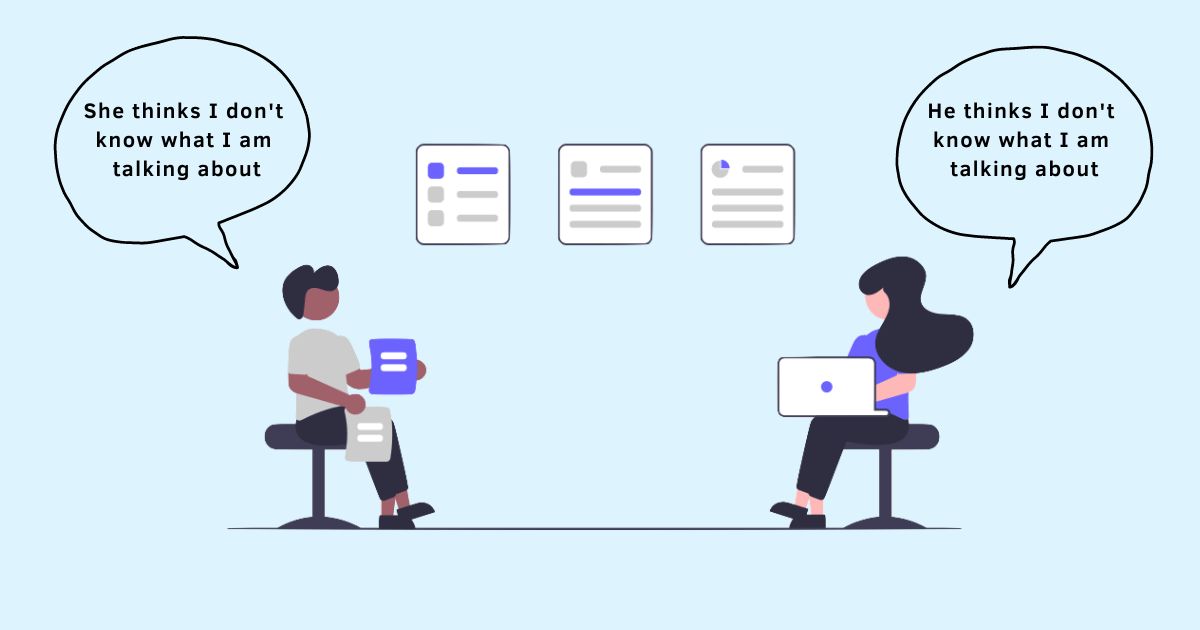 Pluralistic ignorance is a psychological state in which we believe that our private thoughts, and feelings, are different from those of others.
Pluralistic ignorance is a psychological state in which we believe that our private thoughts, and feelings, are different from those of others.
96. The Development of AI: Balancing Convenience and Ethics
 AI isn’t completely free from controversy.
AI isn’t completely free from controversy.
97. Fighting Against a Pandemic of Dread
 The psychological toll of this global pandemic is multi-layered, pointing us towards a reckoning with deeper layers of our psyche.
The psychological toll of this global pandemic is multi-layered, pointing us towards a reckoning with deeper layers of our psyche.
98. Writers Can Process and Feel Emotions Faster than Non-Writers
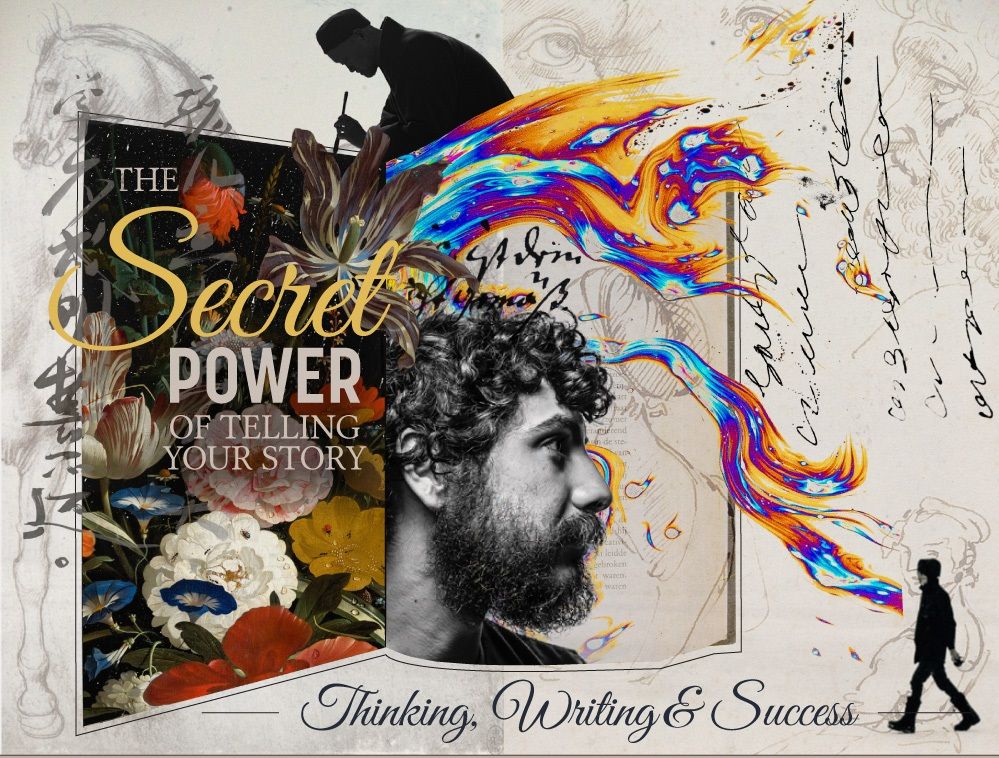 The secret power of telling your story. Psychology suggests that writers can process and feel through emotions faster than non-writers.
The secret power of telling your story. Psychology suggests that writers can process and feel through emotions faster than non-writers.
99. How Technological Breakthroughs Are Powering Psychotherapy
 A few years back, maybe you did not envisage there would be this tremendous transformation that has taken place in psychotherapy; neither did I. Breakthroughs in technology have afforded us the opportunity of accessing online therapy from the comfort of our homes and in real-time.
A few years back, maybe you did not envisage there would be this tremendous transformation that has taken place in psychotherapy; neither did I. Breakthroughs in technology have afforded us the opportunity of accessing online therapy from the comfort of our homes and in real-time.
100. Crime and Punishment: Translator's Preface
 A few words about Dostoevsky himself may help the English reader to understand his work.
A few words about Dostoevsky himself may help the English reader to understand his work.
101. Psycho-Coding: The No BS Effects of Coding on My Brain
 The Effects of programming on your brain and mental state
The Effects of programming on your brain and mental state
102. 5 Incredibly Simple Yet Useful Tips To Push Your Motivation Flywheel
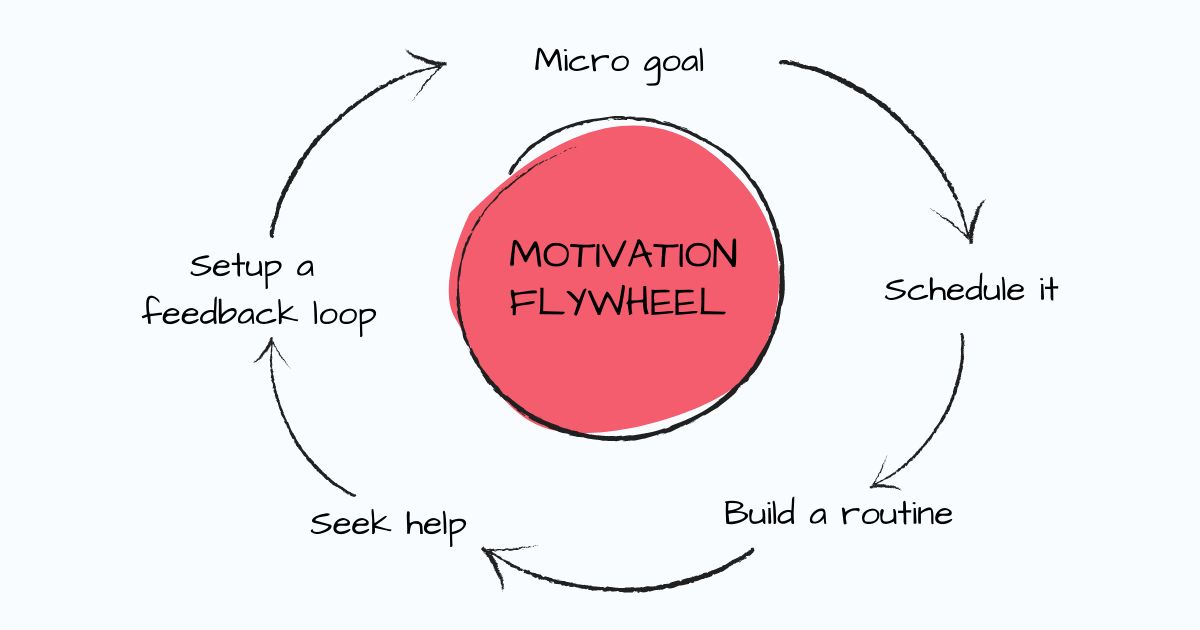 How can I make motivation part of my life to do things that will help me achieve my goals in the long run? For me, motivation was a state of mind. Some days I was all excited and motivated to get to my toughest goals and important tasks that I had avoided in the past. Then there were other times I felt lost, unsure of how to make even tiny progress on things I got to do.
How can I make motivation part of my life to do things that will help me achieve my goals in the long run? For me, motivation was a state of mind. Some days I was all excited and motivated to get to my toughest goals and important tasks that I had avoided in the past. Then there were other times I felt lost, unsure of how to make even tiny progress on things I got to do.
103. Four Possible Ways to React to Other People's Happiness or Misery
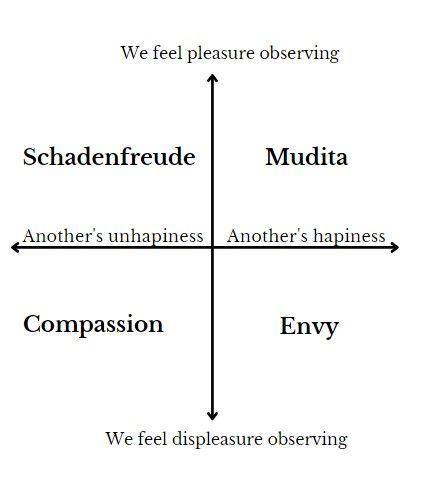 Schadenfreude, Compassion, Envy and Mudita: explaining how we react to other people's fortunes or misery
Schadenfreude, Compassion, Envy and Mudita: explaining how we react to other people's fortunes or misery
104. Dissecting the Hive Mentality on the Internet
 It feels like movie night almost, but more chaotic.
It feels like movie night almost, but more chaotic.
105. The Mood of the Year: Languishing
 Languishing is apathy, a sense of annoyance or feeling floating or an overall lack of interest in life or the things that typically bring you joy and happiness.
Languishing is apathy, a sense of annoyance or feeling floating or an overall lack of interest in life or the things that typically bring you joy and happiness.
106. Change Your Personality Type With This Simple Hack!
 Do you feel deeply related to your personality type test result? Let's find out how reliable it is.
Do you feel deeply related to your personality type test result? Let's find out how reliable it is.
107. I Already Know Where the Problems Are in My Code
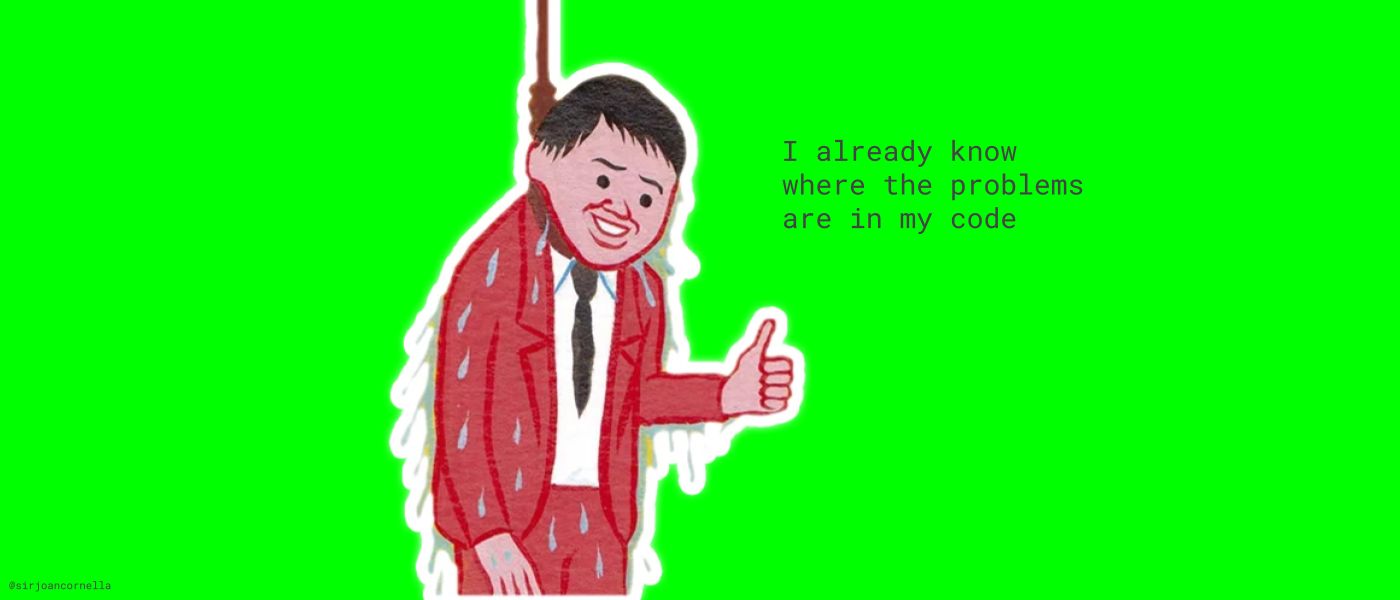 How cognitive biases make us overlook problems in our code and how we vigorously defend our opinions against data-based insights. And what can help against it.
How cognitive biases make us overlook problems in our code and how we vigorously defend our opinions against data-based insights. And what can help against it.
108. Hacking People’s Memories: The Mandela Effect
 A look at how large groups of people remember things wrong, commonly known as the Mandela Effect
A look at how large groups of people remember things wrong, commonly known as the Mandela Effect
109. IT Professionalism For World Peace
 The war in Ukraine led to discrimination of Russians even in IT-circles. IT-professionals’ cold rationality may help us to save work relationships.
The war in Ukraine led to discrimination of Russians even in IT-circles. IT-professionals’ cold rationality may help us to save work relationships.
110. ”Money Doesn’t Equal Happiness” - Reality of Hackers’ Life
 Hackers are also ordinary people who fear, worry, and feel ashamed of their atrocities
Hackers are also ordinary people who fear, worry, and feel ashamed of their atrocities
111. Overthinking: Causes, Impact, Strategies for Taking Action
 I thought I was pretty good and smart at making decisions from routine tasks with little cognitive load like what to eat for lunch, what dress to wear to the office, how to avoid traffic on the way to work to the more mentally demanding activities like putting together a hiring plan, defining org structure and thinking about the future strategy of my organisation.
I thought I was pretty good and smart at making decisions from routine tasks with little cognitive load like what to eat for lunch, what dress to wear to the office, how to avoid traffic on the way to work to the more mentally demanding activities like putting together a hiring plan, defining org structure and thinking about the future strategy of my organisation.
112. Do You or the Mewling Doppelganger Know What the Ship Emoji Means?
 It's also no secret that techies can periodically get hella philosophical.
It's also no secret that techies can periodically get hella philosophical.
113. When You Accidentally Send Your Note-to-Self to the CEO
 While in a frazzled state, I completely forgot this little bit of information.
While in a frazzled state, I completely forgot this little bit of information.
114. How Do I Launch a Successful PR Campaign For Crypto or In General?
 Launching a successful crypto public relations campaign can be a real game-changer for any business -- new or established in the sphere.
Launching a successful crypto public relations campaign can be a real game-changer for any business -- new or established in the sphere.
115. Revisiting The Golden Circle by Simon Sinek
 Why are some leaders more influential, inspiring and innovative than others? Why do some organizations command greater loyalty from customers and employees?
Why are some leaders more influential, inspiring and innovative than others? Why do some organizations command greater loyalty from customers and employees?
116. The Science of Productive Role Conflict
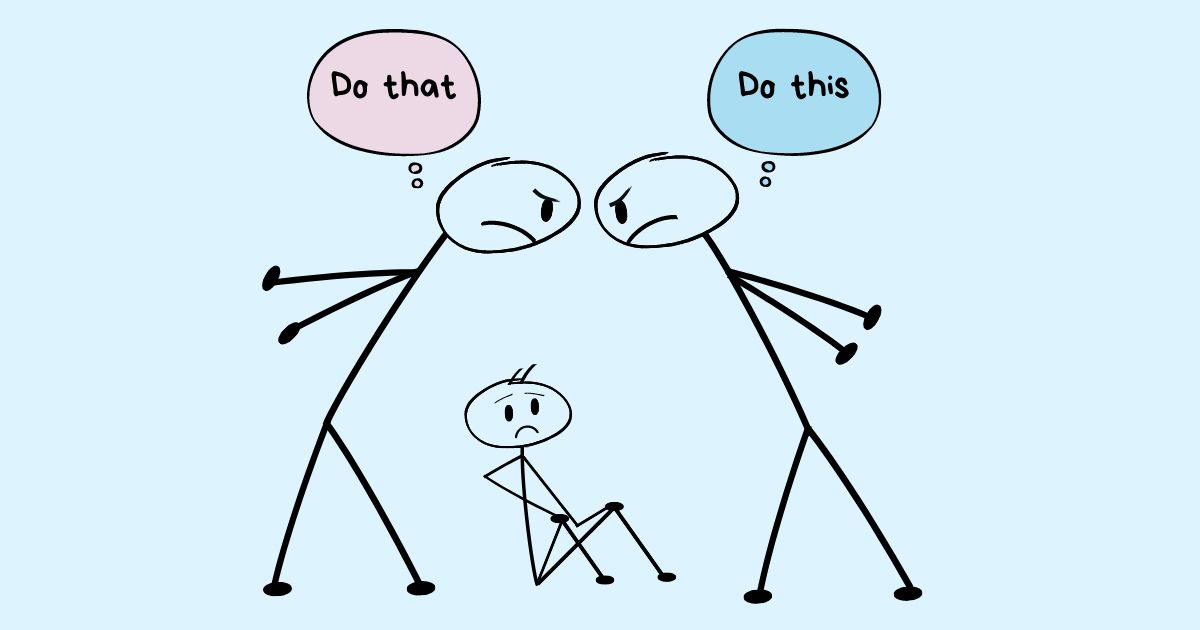 Use your sense of autonomy to feel in control of your situation and employ effective problem-solving strategies to resolve the conflict.
Use your sense of autonomy to feel in control of your situation and employ effective problem-solving strategies to resolve the conflict.
117. Taming the Beast: Ambitions Vs. Successful Projects
 To realize real merits and demerits, an ambitious person needs to evaluate objectively the results of work, comparing it with similar results of other people in similar business situations or a similar project environment.
To realize real merits and demerits, an ambitious person needs to evaluate objectively the results of work, comparing it with similar results of other people in similar business situations or a similar project environment.
118. How to Become a Quality Assurance Engineer
 A Quality Assurance (QA) Engineer is a professional who tests software during the entire development process.
A Quality Assurance (QA) Engineer is a professional who tests software during the entire development process.
119. Great Expectations: Chapter I
 Great Expectations, by Charles Dickens is part of HackerNoon’s Book Blog Post series.
Great Expectations, by Charles Dickens is part of HackerNoon’s Book Blog Post series.
120. [Roundup] Twitter's Ban, Hybrid Software Engineers, and the Historical Context of Decision Making
 11/03/2019
11/03/2019
121. 4 Motivation Theories to Help Improve The Health and Efficiency of Your Team
 What motivates employees? 4 psychological theories of motivation show why intrinsic motivators such as leadership development are surpassing traditional perks.
What motivates employees? 4 psychological theories of motivation show why intrinsic motivators such as leadership development are surpassing traditional perks.
122. Product Manager Tips from 2020 for a Better 2021
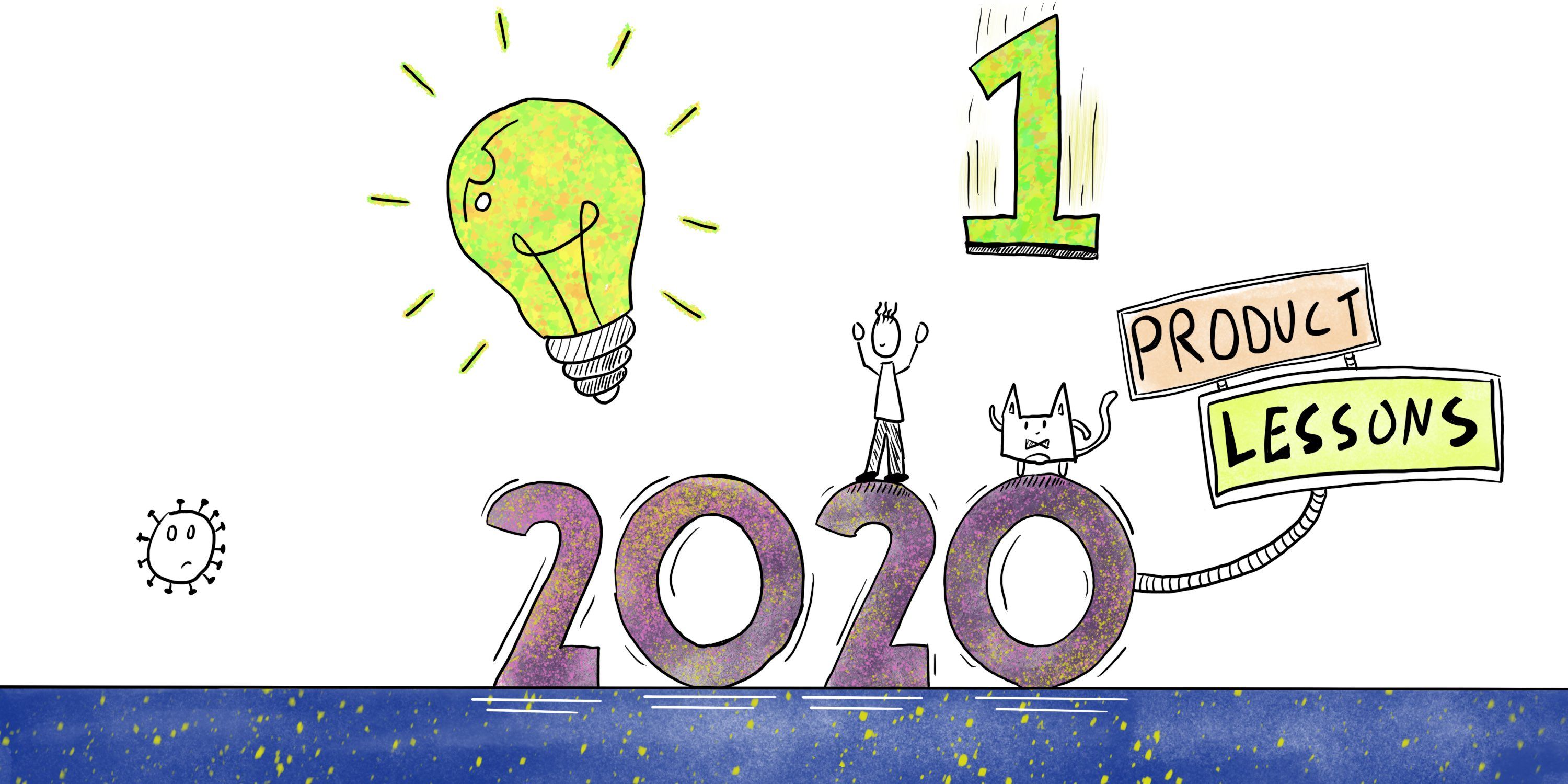 “Difficulty is what wakes up the genius” has become my mantra of 2020 (thanks Nassim Taleb). If that's true then what follows should be pure gold: a collection of my best ideas for a challenging year.
“Difficulty is what wakes up the genius” has become my mantra of 2020 (thanks Nassim Taleb). If that's true then what follows should be pure gold: a collection of my best ideas for a challenging year.
123. Why Would Anything Ever Go Right?
 Projects can fail because of multipolar traps (a value sacrifice game) and surrogation traps, where means substitute for the desired ends.
Projects can fail because of multipolar traps (a value sacrifice game) and surrogation traps, where means substitute for the desired ends.
124. Methods to Reduce Biased Thinking
 Although we tend to adhere to malfunctioning heuristics, this does not give us a justification for not trying to fix our biased thinking.
Although we tend to adhere to malfunctioning heuristics, this does not give us a justification for not trying to fix our biased thinking.
125. Great Expectations - TABLE OF LINKS
 Great Expectations, by Charles Dickens is part of HackerNoon’s Book Blog Post series.
Great Expectations, by Charles Dickens is part of HackerNoon’s Book Blog Post series.
126. The First Step: Just Take it 'Bird by Bird'
 Sometimes, it is about thriving. Sometimes, it is about surviving. We would be wise to adjust our strategies accordingly.
Sometimes, it is about thriving. Sometimes, it is about surviving. We would be wise to adjust our strategies accordingly.
127. Bring Back Emotion: Using Psychology for Trading, Investing and Risk
 Denise Shull | Adding Emotion Back: How to Use Psychology for Trading, Investing and Risk
Denise Shull | Adding Emotion Back: How to Use Psychology for Trading, Investing and Risk
128. Car-Free Spaces Bring Me Joy with Noonies Nominee Konstantin Sokolov
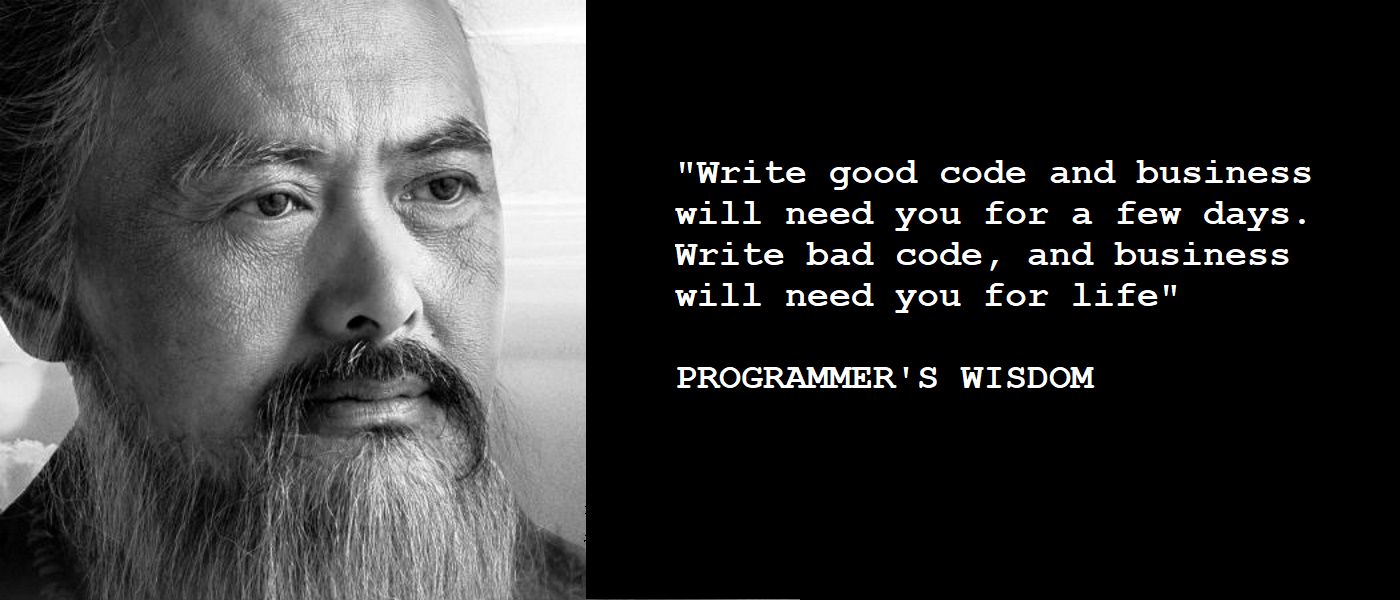 In addition, I have been interested in the functioning of our brain for a year now and have read a lot about it. That's how I came across the cognitive biases.
In addition, I have been interested in the functioning of our brain for a year now and have read a lot about it. That's how I came across the cognitive biases.
129. These Are The Secret Weapons of Fake News
 Modern fake news has evolved into a complex organism, carefully designed to hide its deceptive mechanisms from any potential victim. But although the fake news field has grown into every possible digital channel, the truth is that at its core, in order to be effective, it still relies on exploiting our most basic human characteristics.
Modern fake news has evolved into a complex organism, carefully designed to hide its deceptive mechanisms from any potential victim. But although the fake news field has grown into every possible digital channel, the truth is that at its core, in order to be effective, it still relies on exploiting our most basic human characteristics.
130. How Much Money is Enough Money?🥲
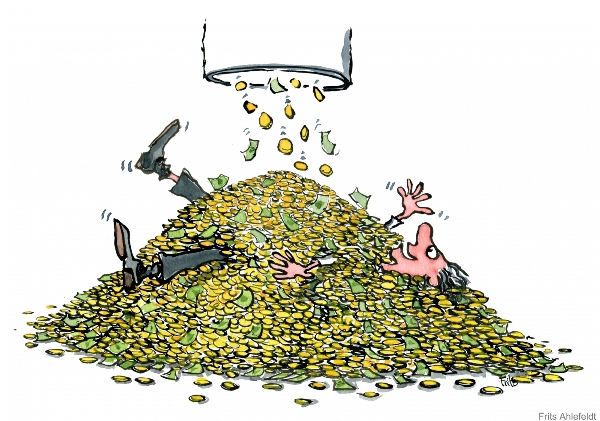 This Slogging thread by Manas Goel, Valentine Enedah, GemInRubbles, Mónica Freitas and Sara Pinto occurred in slogging's official #random channel, and has been edited for readability.
This Slogging thread by Manas Goel, Valentine Enedah, GemInRubbles, Mónica Freitas and Sara Pinto occurred in slogging's official #random channel, and has been edited for readability.
131. Does Tech help you make Smarter Decisions? Not in the way you think
 Does Tech help you make Smarter Decisions? Not in the way you thinkPhoto by Engin Akyurt from Pexels
Does Tech help you make Smarter Decisions? Not in the way you thinkPhoto by Engin Akyurt from Pexels
132. The Feedback Fairy 🧚♀️

133. Bias in development and why it's dangerous
 A short story about Alice.
A short story about Alice.
134. A New, Scientific Definition of Creativity
 A practical definition of creativity that can be used to massively improve your own creativity levels.
A practical definition of creativity that can be used to massively improve your own creativity levels.
135. How Does Stockholm Syndrome Look in the Corporate World?
 The Stockholm syndrome is an emotional response that happens to some abuse and hostage victims when they have positive feelings toward an abuser or captor.
The Stockholm syndrome is an emotional response that happens to some abuse and hostage victims when they have positive feelings toward an abuser or captor.
136. Cognitive Reappraisal or Using Reframing to Cope with Unpleasant Feelings
 In psychologist Guy Winch’s book The Squeaky Wheel: Complaining the Right Way to Get Results, Improve Your Relationships, and Enhance Self-Esteem, I came across one of the most descriptive explanations on how to handle the emotional load of uncomfortable situations.
In psychologist Guy Winch’s book The Squeaky Wheel: Complaining the Right Way to Get Results, Improve Your Relationships, and Enhance Self-Esteem, I came across one of the most descriptive explanations on how to handle the emotional load of uncomfortable situations.
137. A Farm-Born AI Tells the Story of its Stages of Conscious Development
 Maybe we could build a conscious AI by mimicking how we develop our own self model.
Maybe we could build a conscious AI by mimicking how we develop our own self model.
138. Dreams and the Morbid Condition of the Brain
 In a morbid condition of the brain, dreams often have a singular actuality, vividness, and extraordinary semblance of reality
In a morbid condition of the brain, dreams often have a singular actuality, vividness, and extraordinary semblance of reality
139. Why We Spend So Much Time at Work on Things that Don't Matter
 We focus on trivia at the expense of more important issues. Why does this happen and what we can do about it?
We focus on trivia at the expense of more important issues. Why does this happen and what we can do about it?
140. Staying Focussed And Removing Distractions - A How-To Guide
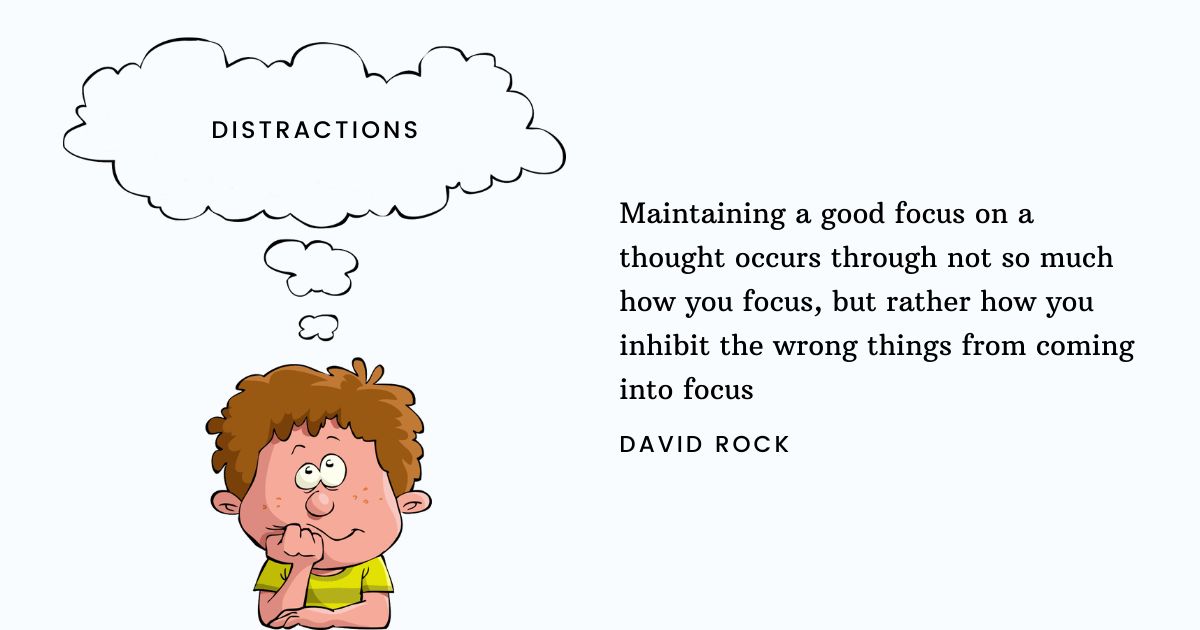 In a world that’s designed for interruptions, we are all vulnerable to distractions.
In a world that’s designed for interruptions, we are all vulnerable to distractions.
141. Users Make Decisions Based on Predictable Subconscious Patterns
 We like to apply labels to users: they’re irrational, lazy, unpredictable, rushed, and so on.
We like to apply labels to users: they’re irrational, lazy, unpredictable, rushed, and so on.
142. Are we Able to put Internet of Behaviour (IoB) to Good Use?
 Internet-connected technologies that gather, integrate, and analyze data about people's behavior in an area are referred to as IoB.
Internet-connected technologies that gather, integrate, and analyze data about people's behavior in an area are referred to as IoB.
143. It's Time We Started Talking About Schizophrenia
 With June estimates at 7000+ authors, 69 other Hackernoon contributors might also be a victim of schizophrenia, along with me. This article serves to demonstrate why these people are facing tougher-than-average odds to live to a ripe old age, and how society isn’t doing them justice in helping or finding a permanent solution.
With June estimates at 7000+ authors, 69 other Hackernoon contributors might also be a victim of schizophrenia, along with me. This article serves to demonstrate why these people are facing tougher-than-average odds to live to a ripe old age, and how society isn’t doing them justice in helping or finding a permanent solution.
144. What We Should Learn from the Tension Between Mind and Machine
 Every human bliss and kindness, every suspicion, cruelty, and torment ultimately comes from the whirring 3-pound “enchanted loom” that is our brain and its other side, the cloud of knowing that is our mind.
Every human bliss and kindness, every suspicion, cruelty, and torment ultimately comes from the whirring 3-pound “enchanted loom” that is our brain and its other side, the cloud of knowing that is our mind.
145. What Is Social Proof, And How to Use It To Boost Your Brand Online
 The one thing that people need in this modern age is social approval. People need to fit in with the world, and it has affected the lives of many people in many ways.
The one thing that people need in this modern age is social approval. People need to fit in with the world, and it has affected the lives of many people in many ways.
146. How You May be Avoiding Unpleasant Information With the Ostrich Effect
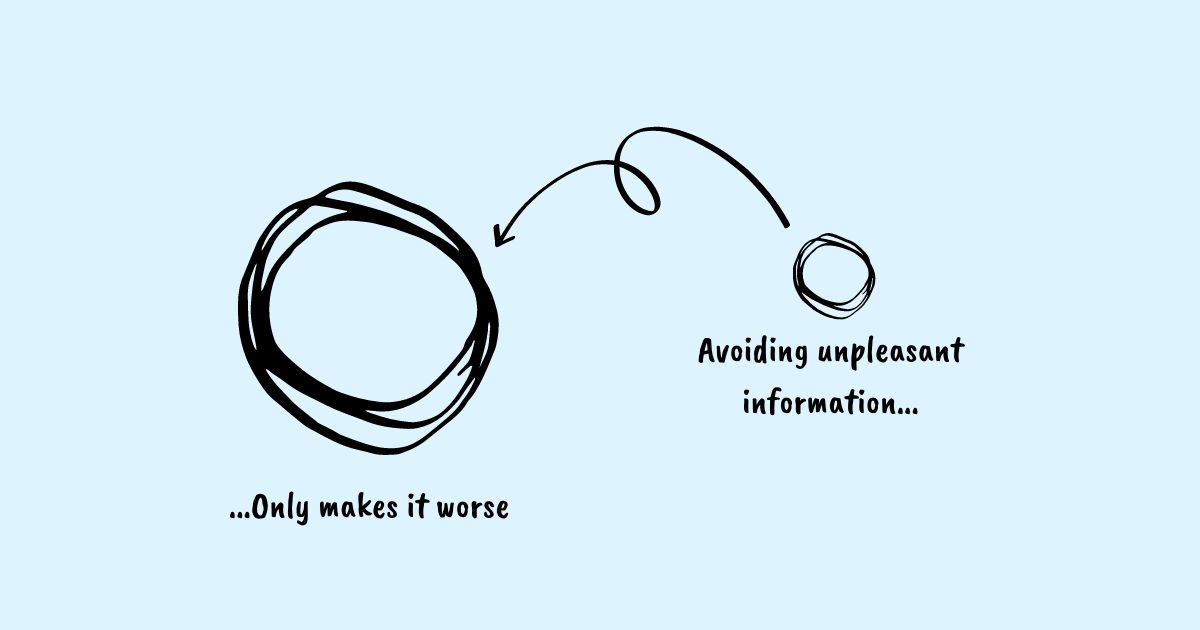 Ostriches bury their heads in the sand when they sense danger, assuming that the danger will pass if they just avoid it long enough.
Ostriches bury their heads in the sand when they sense danger, assuming that the danger will pass if they just avoid it long enough.
147. How Should We Re-Evaluate Our Models of the World?
 On the internet, "public goods" take center stage.
On the internet, "public goods" take center stage.
148. Crypto Exchange Trade. Remember Psychology!
 Crypto Exchange is a high-tech platform in which all trade transactions are conducted using modern software created based on the latest IT solutions. The emergence of new types of currencies, in particular, cryptocurrencies, gives a chance for the rapid development of the world economy as a whole. In turn, structural changes in the international economic system gave impetus to the emergence and development of new types of exchange technologies.
Crypto Exchange is a high-tech platform in which all trade transactions are conducted using modern software created based on the latest IT solutions. The emergence of new types of currencies, in particular, cryptocurrencies, gives a chance for the rapid development of the world economy as a whole. In turn, structural changes in the international economic system gave impetus to the emergence and development of new types of exchange technologies.
149. 5 Simple Ways To Resist FOMO and FUD While Investing in Crypto
 FOMO and FUD can destroy your crypto portfolio. Here are five ways to help you beat them while investing your crypto.
FOMO and FUD can destroy your crypto portfolio. Here are five ways to help you beat them while investing your crypto.
150. How to Biohack Properly

151. How to Cultivate Growth Mindset in the Workplace
 I have worked with two different kinds of leaders and managers over the years. The one who believes in fixed abilities and promotes a fixed mindset “those who don’t perform well can never do better” and the other who believes in growing those abilities thereby promoting a growth mindset “people can be coached into improving their skills.”
I have worked with two different kinds of leaders and managers over the years. The one who believes in fixed abilities and promotes a fixed mindset “those who don’t perform well can never do better” and the other who believes in growing those abilities thereby promoting a growth mindset “people can be coached into improving their skills.”
152. Consider This: Theomorphic Robots; Not Losing Our Religion?
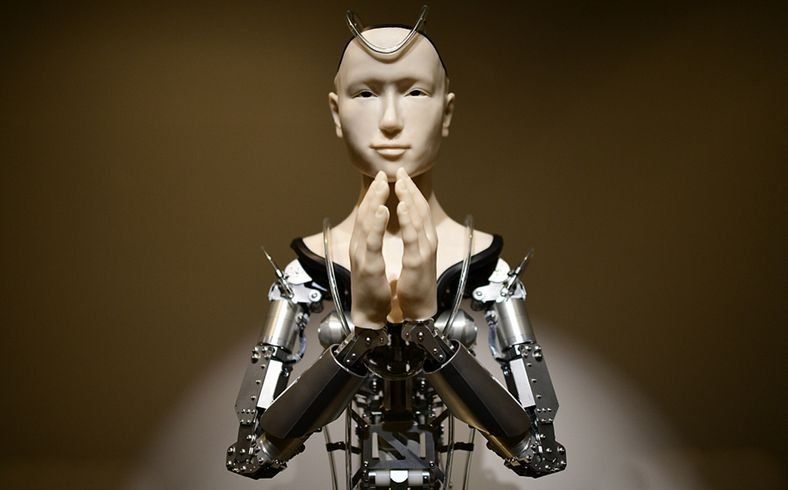 As icons and rituals adapt to newer technologies, the rise of robotics and AI can change the way we practice and experience spirituality.
As icons and rituals adapt to newer technologies, the rise of robotics and AI can change the way we practice and experience spirituality.
153. Food Tech Stories: How Food Can Fix Your Depression

154. Content Recommendation and Cognitive Biases
 Artificial Intelligence (AI) is a fascinating invention of mankind. Fusing the computational power of a machine with the intellect of a human undoubtedly creates new possibilities of innovation and tremendously increases the likelihood of realizing those which were already conjectured.
Artificial Intelligence (AI) is a fascinating invention of mankind. Fusing the computational power of a machine with the intellect of a human undoubtedly creates new possibilities of innovation and tremendously increases the likelihood of realizing those which were already conjectured.
155. Change for Better: The Exponential Art of Kaizen
 Kaizen is deceptively simple and utterly brilliant.
Kaizen is deceptively simple and utterly brilliant.
156. How to Plan Like a Pro: Part 2 of 2
 The second part of a mini-series on project planning primers. This focuses on my experiences putting together ideas as a developer.
The second part of a mini-series on project planning primers. This focuses on my experiences putting together ideas as a developer.
157. How To Train Your Brain To Be More Optimistic
 When faced with adversity, most people feel indecisive, restless, and anxious about the future. It is what happens afterward that makes a difference.
When faced with adversity, most people feel indecisive, restless, and anxious about the future. It is what happens afterward that makes a difference.
158. 5 Principles of UX Design Psychology: How to Predict Your Users' Behavior
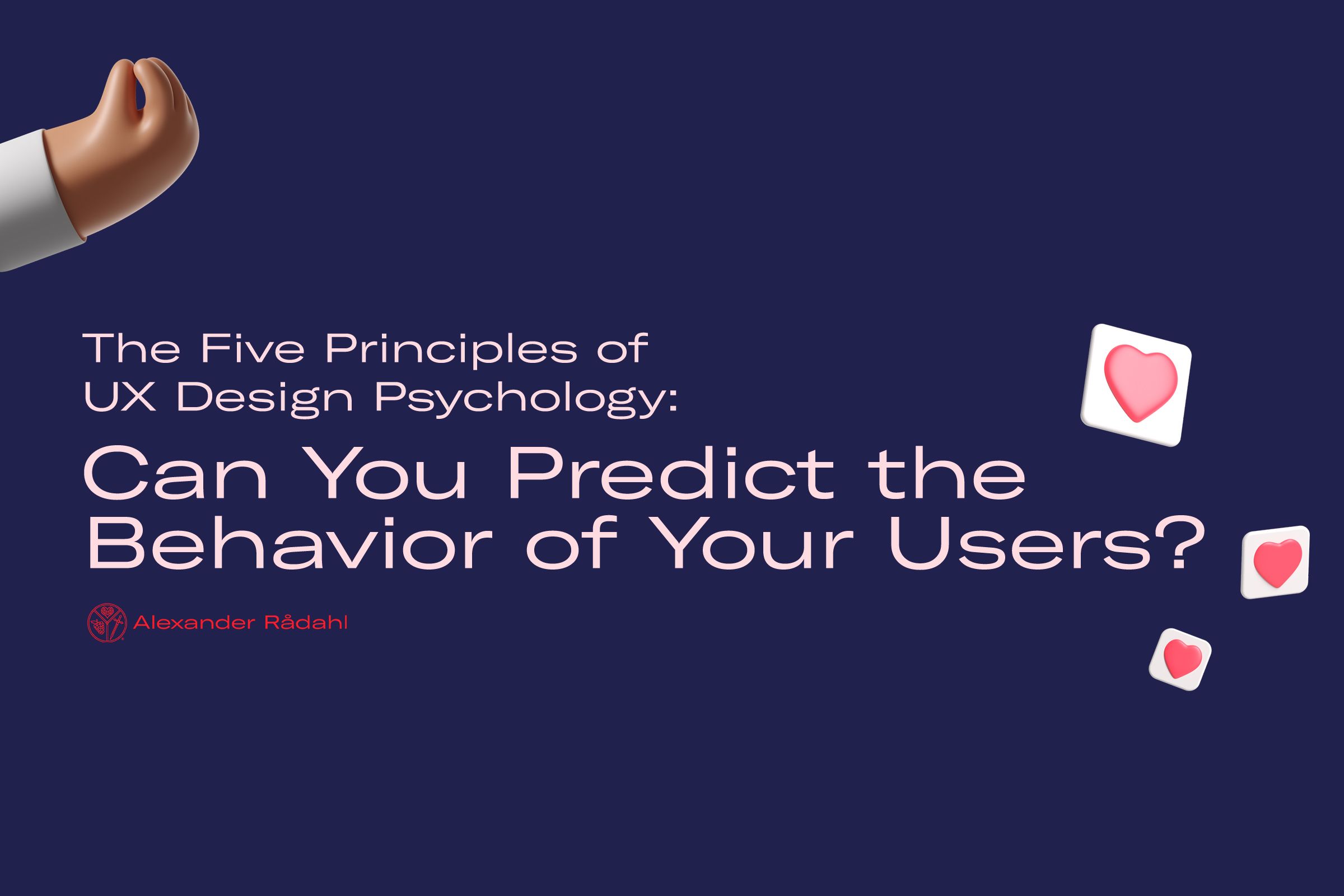 Learn how to design applications that people will enjoy using with the help of the 5 principles of UX design psychology.
Learn how to design applications that people will enjoy using with the help of the 5 principles of UX design psychology.
159. Critical Musings: Psychology, Validity, and Reliability of Online Ratings
 As hard as I might try to remain logical throughout my reasoning, emotions tend to creep through.
As hard as I might try to remain logical throughout my reasoning, emotions tend to creep through.
160. Learning New Words Can Help You Recognize Your Emotions
 By learning and applying new words and mental concepts, we will not simply react to what happens to us but stop, ask, revise.
By learning and applying new words and mental concepts, we will not simply react to what happens to us but stop, ask, revise.
161. Subscriber Retention: Welcome to the 'Streaming Wars'
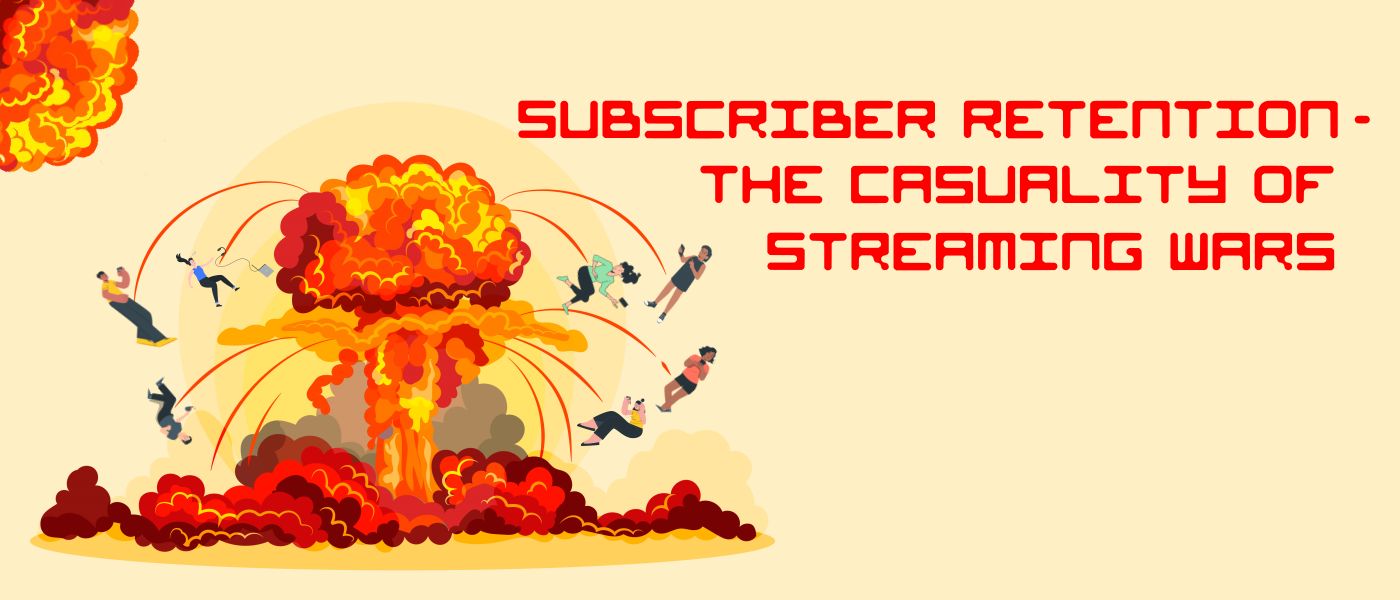 The streaming space is clearly the future of entertainment.
The streaming space is clearly the future of entertainment.
162. Great Expectations: Chapter III
 Great Expectations, by Charles Dickens is part of HackerNoon’s Book Blog Post series.
Great Expectations, by Charles Dickens is part of HackerNoon’s Book Blog Post series.
163. The Morning After Broken Sleep
 Follow the mental anguish of Rodion Raskolnikov, as he plans to kill an unscrupulous pawnbroker.
Follow the mental anguish of Rodion Raskolnikov, as he plans to kill an unscrupulous pawnbroker.
164. The Axe and the Dead Body
 He laid the axe on the ground near the dead body and felt at once in her pocket (trying to avoid the streaming body
He laid the axe on the ground near the dead body and felt at once in her pocket (trying to avoid the streaming body
165. Raskolnikov Harbored a Deep Hatred for Crowds
 Follow the mental anguish of Rodion Raskolnikov, as he plans to kill an unscrupulous pawnbroker.
Follow the mental anguish of Rodion Raskolnikov, as he plans to kill an unscrupulous pawnbroker.
166. Great Expectations: Chapter II
 My sister, Mrs. Joe Gargery, was more than twenty years older than I, and had established a great reputation with herself and the neighbours...
My sister, Mrs. Joe Gargery, was more than twenty years older than I, and had established a great reputation with herself and the neighbours...
167. The Adventures of Sherlock Holmes: Chapter VII- The Adventure of the Blue Carbuncle
 The Adventures of Sherlock Holmes, by Arthur Conan Doyle is part of HackerNoon’s Book Blog Post series.
The Adventures of Sherlock Holmes, by Arthur Conan Doyle is part of HackerNoon’s Book Blog Post series.
168. The Start of a Terrible Journey
 Follow the mental anguish of Rodion Raskolnikov, as he plans to kill an unscrupulous pawnbroker.
Follow the mental anguish of Rodion Raskolnikov, as he plans to kill an unscrupulous pawnbroker.
169. The Many Agitations of Raskolnikov
 Later on Raskolnikov happened to find out why the huckster and his wife had invited Lizaveta.
Later on Raskolnikov happened to find out why the huckster and his wife had invited Lizaveta.
170. Who Beat the Landlady?
 And what if there has been a search already? What if I find them in my room?
And what if there has been a search already? What if I find them in my room?
171. The Elegant Carriage Flanked by Spirited Grey Horses
 An elegant carriage stood in the middle of the road with a pair of spirited grey horses; there was no one in it, and the coachman had got off his box.
An elegant carriage stood in the middle of the road with a pair of spirited grey horses; there was no one in it, and the coachman had got off his box.
172. A Sudden Calm: Raskolnikov's Determination to End it All
 Strange to say, he seemed immediately to have become perfectly calm; not a trace of his recent delirium nor of the panic fear that had haunted him of late.
Strange to say, he seemed immediately to have become perfectly calm; not a trace of his recent delirium nor of the panic fear that had haunted him of late.
173. Lost Memories and Strange Visitors: Raskolnikov's Recovery
 He was not completely unconscious, however, all the time he was ill; he was in a feverish state, sometimes delirious, sometimes half conscious.
He was not completely unconscious, however, all the time he was ill; he was in a feverish state, sometimes delirious, sometimes half conscious.
174. The Uninvited Visitor: A Confrontation in Raskolnikov's Cabin
 Mistrustfully and with an affectation of being alarmed and almost affronted, he scanned Raskolnikov’s low and narrow “cabin.”
Mistrustfully and with an affectation of being alarmed and almost affronted, he scanned Raskolnikov’s low and narrow “cabin.”
175. The Adventures of Sherlock Holmes: Chapter V - The Five Orange Pips
 The Adventures of Sherlock Holmes, by Arthur Conan Doyle is part of HackerNoon’s Book Blog Post series.
The Adventures of Sherlock Holmes, by Arthur Conan Doyle is part of HackerNoon’s Book Blog Post series.
176. Kant's Terminology and Doctrine
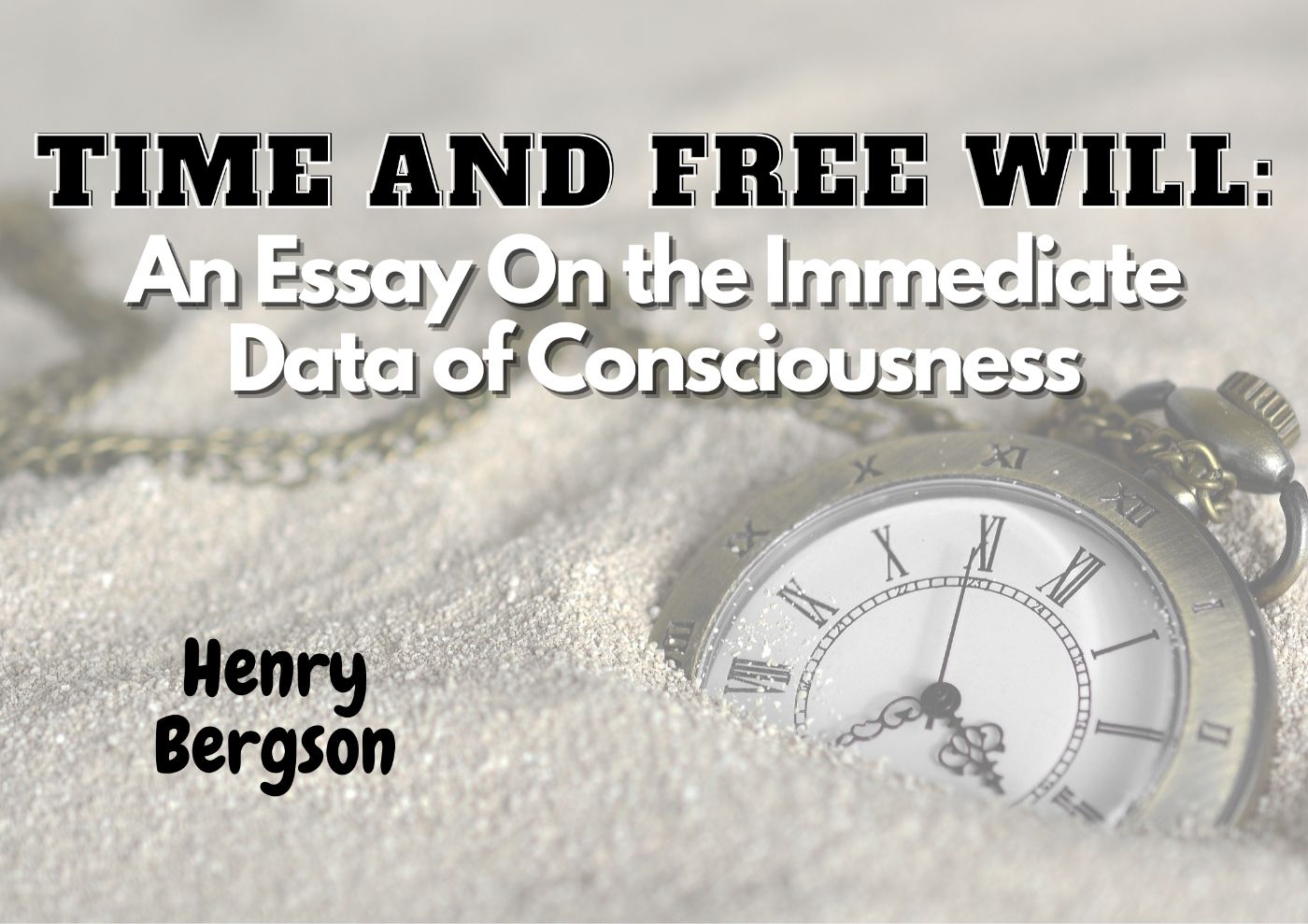 Time and Free Will: An Essay on the Immediate Data of Consciousness, by Henri Bergson, is part of HackerNoon’s Book Blog Post series.
Time and Free Will: An Essay on the Immediate Data of Consciousness, by Henri Bergson, is part of HackerNoon’s Book Blog Post series.
177. The Torture of Mother's Letter
 His mother’s letter had been a torture to him, but as regards the chief fact in it, he had felt not one moment’s hesitation, even whilst reading the letter.
His mother’s letter had been a torture to him, but as regards the chief fact in it, he had felt not one moment’s hesitation, even whilst reading the letter.
178. The Adventures of Sherlock Holmes: Chapter IV - The Boscombe Valley Mystery
 The Adventures of Sherlock Holmes, by Arthur Conan Doyle is part of HackerNoon’s Book Blog Post series.
The Adventures of Sherlock Holmes, by Arthur Conan Doyle is part of HackerNoon’s Book Blog Post series.
179. Everything in the House was Asleep
 How could I go to sleep again with nothing done?
How could I go to sleep again with nothing done?
180. The Adventures of Sherlock Holmes: Chapter VIII- The Adventure of the Speckled Band
 The Adventures of Sherlock Holmes, by Arthur Conan Doyle is part of HackerNoon’s Book Blog Post series.
The Adventures of Sherlock Holmes, by Arthur Conan Doyle is part of HackerNoon’s Book Blog Post series.
181. The Adventures of Sherlock Holmes: Chapter VI - The Man With the Twisted Lip
 The Adventures of Sherlock Holmes, by Arthur Conan Doyle is part of HackerNoon’s Book Blog Post series.
The Adventures of Sherlock Holmes, by Arthur Conan Doyle is part of HackerNoon’s Book Blog Post series.
182. The Multiplicity of Conscious States
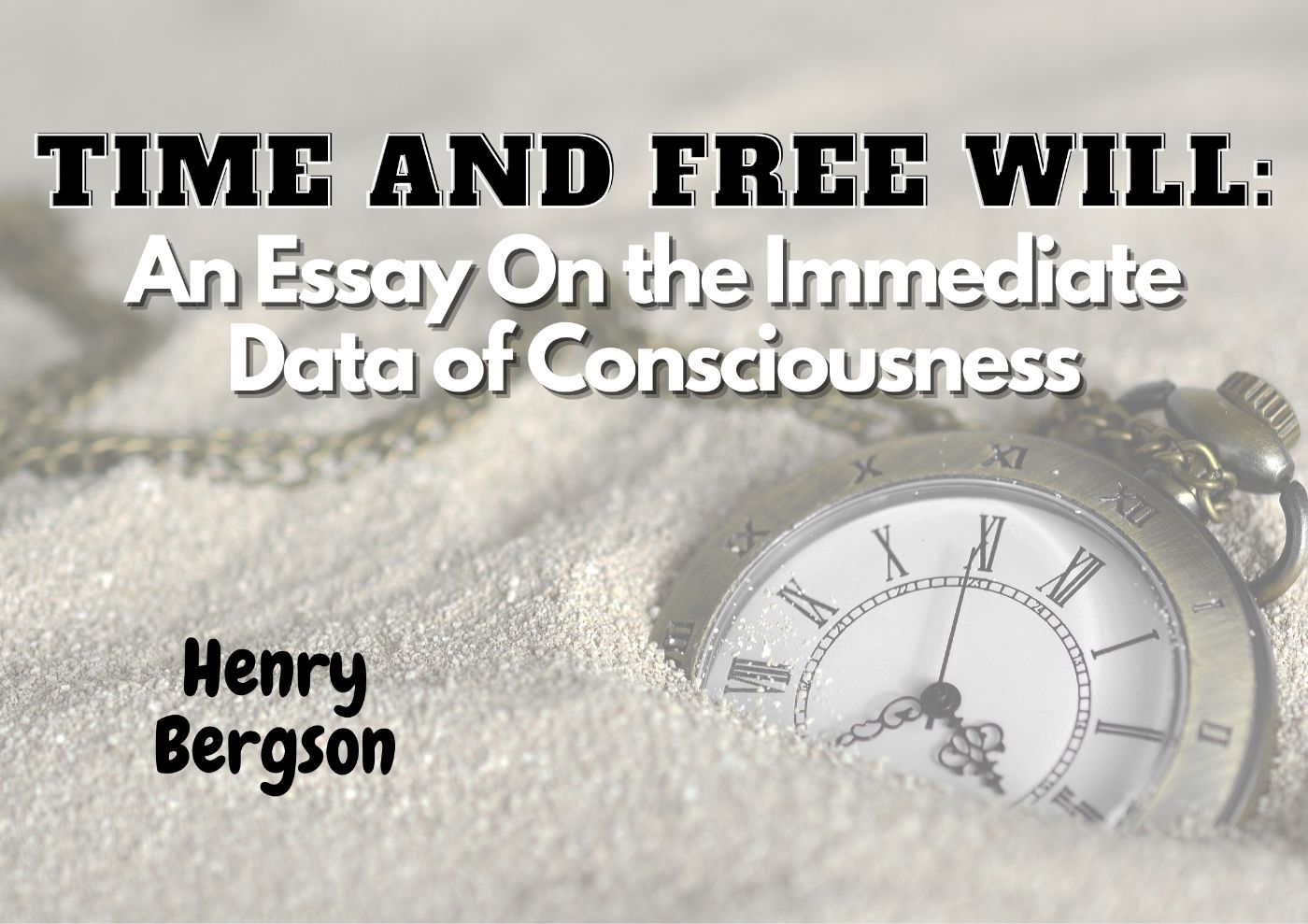
Time and Free Will: An Essay on the Immediate Data of Consciousness, by Henri Bergson, is part of HackerNoon’s Book Blog Post series.
183. The Intensity of Psychic States
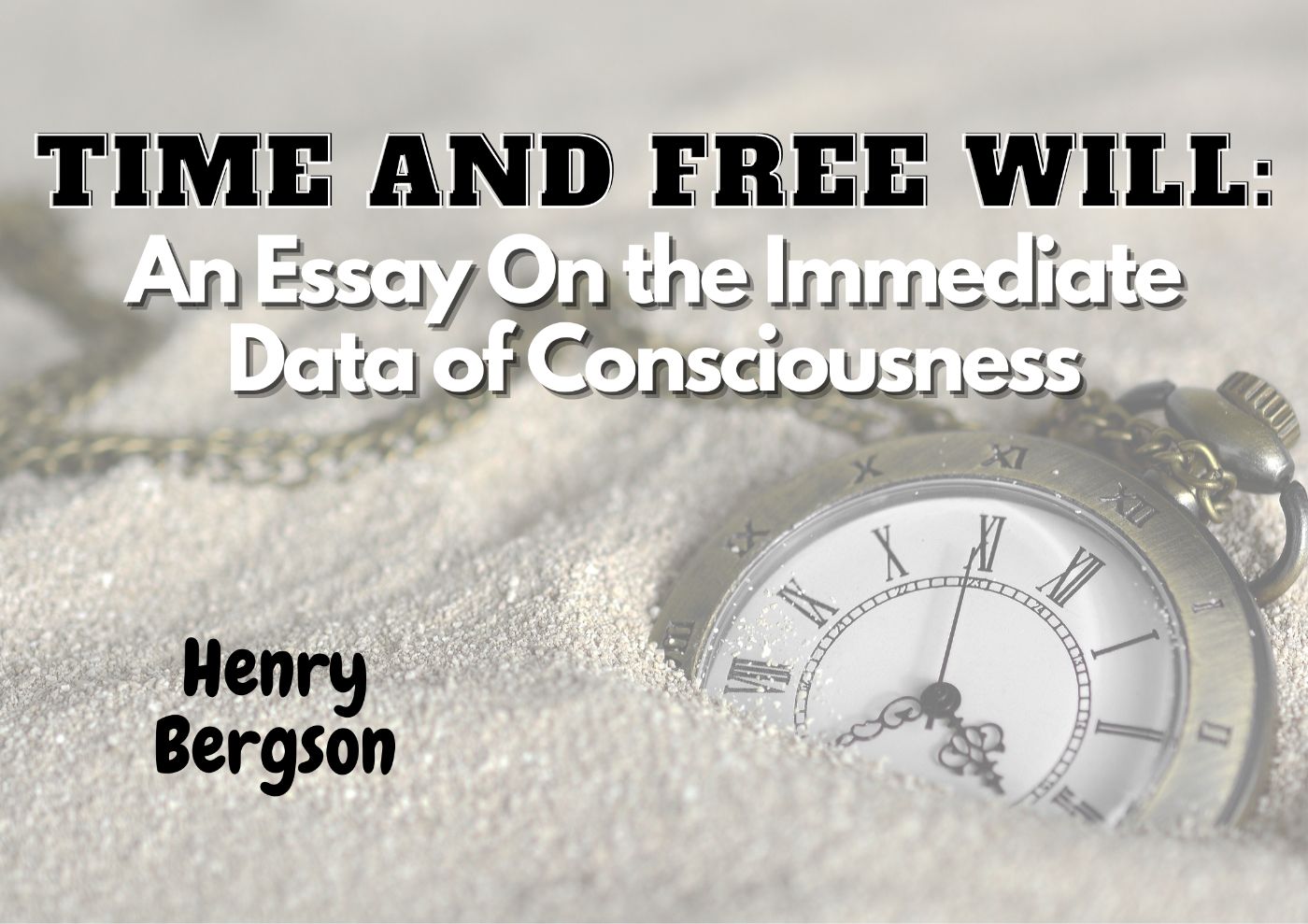 States of consciousness, sensations, feelings, passions, efforts, are capable of growth and diminution. This can cause the intensity to vary greatly.
States of consciousness, sensations, feelings, passions, efforts, are capable of growth and diminution. This can cause the intensity to vary greatly.
184. The Organization of Conscious States
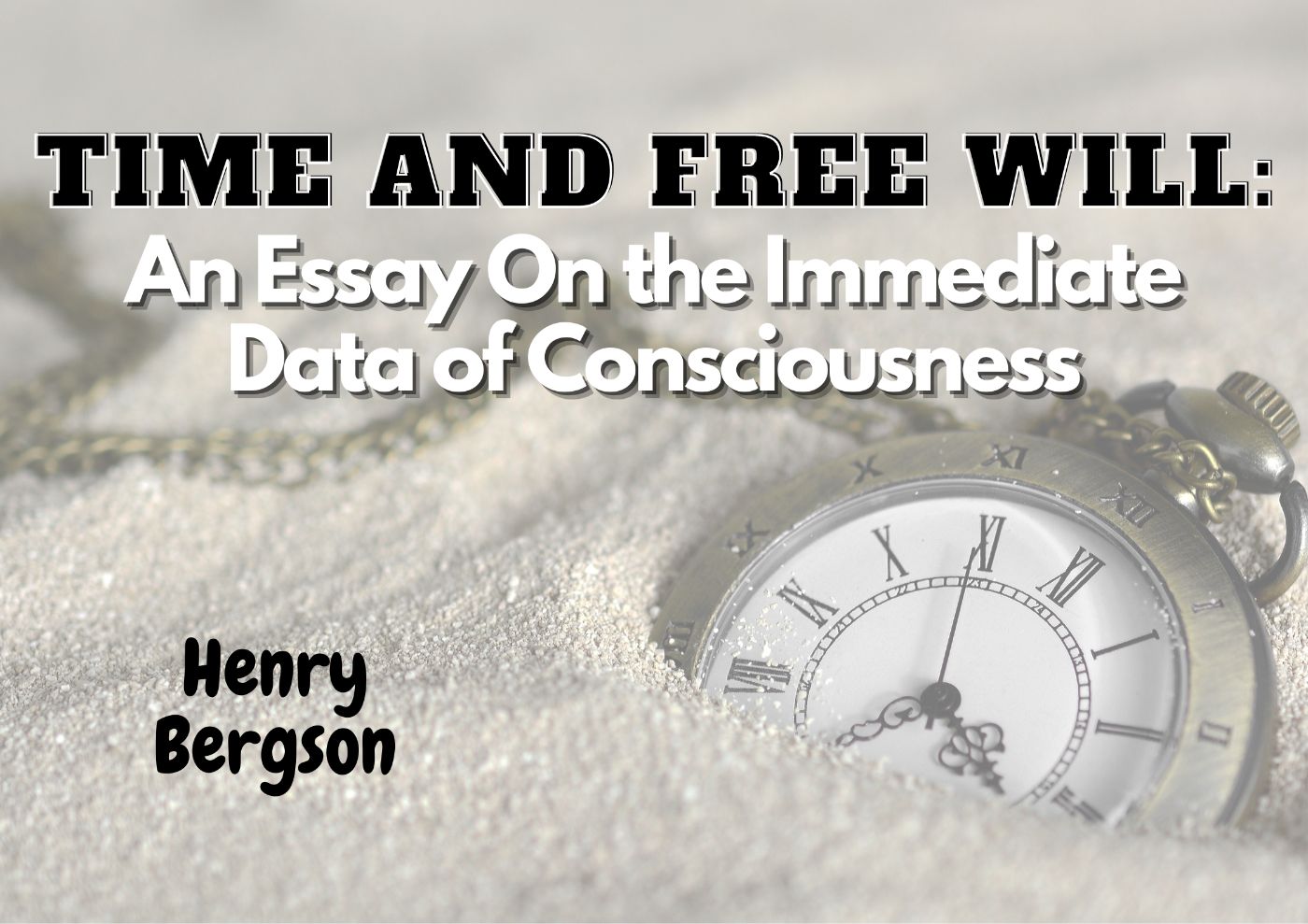 Time and Free Will: An Essay on the Immediate Data of Consciousness, by Henri Bergson, is part of HackerNoon’s Book Blog Post series.
Time and Free Will: An Essay on the Immediate Data of Consciousness, by Henri Bergson, is part of HackerNoon’s Book Blog Post series.
Thank you for checking out the 184 most read stories about Psychology on HackerNoon.
Visit the /Learn Repo to find the most read stories about any technology.

